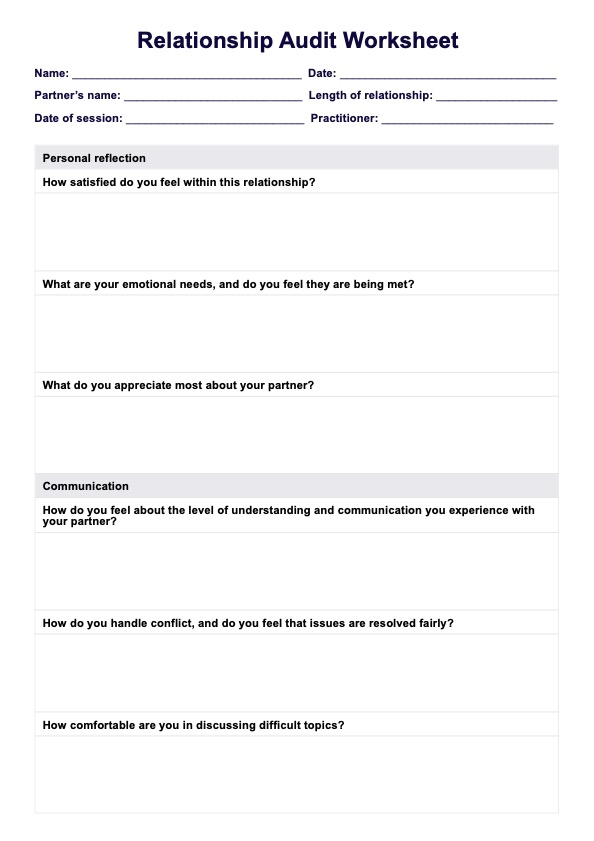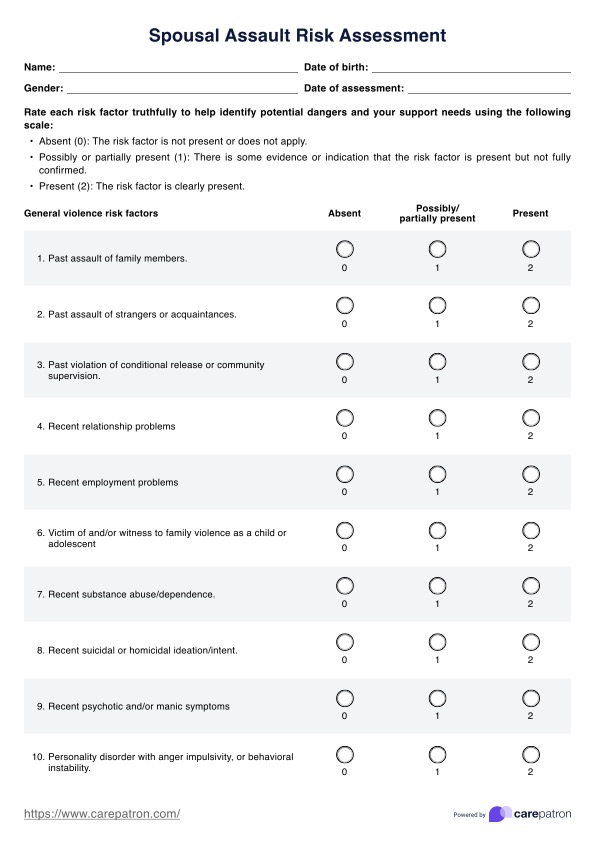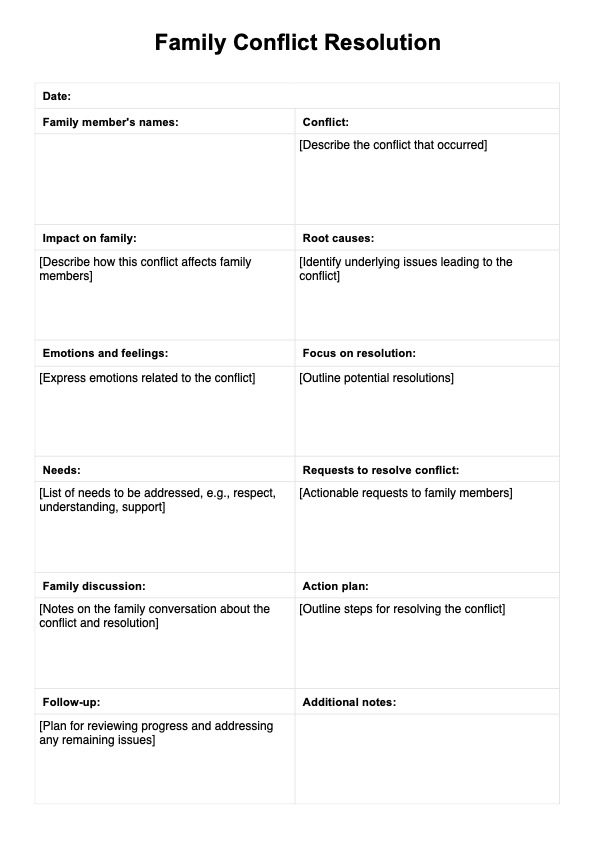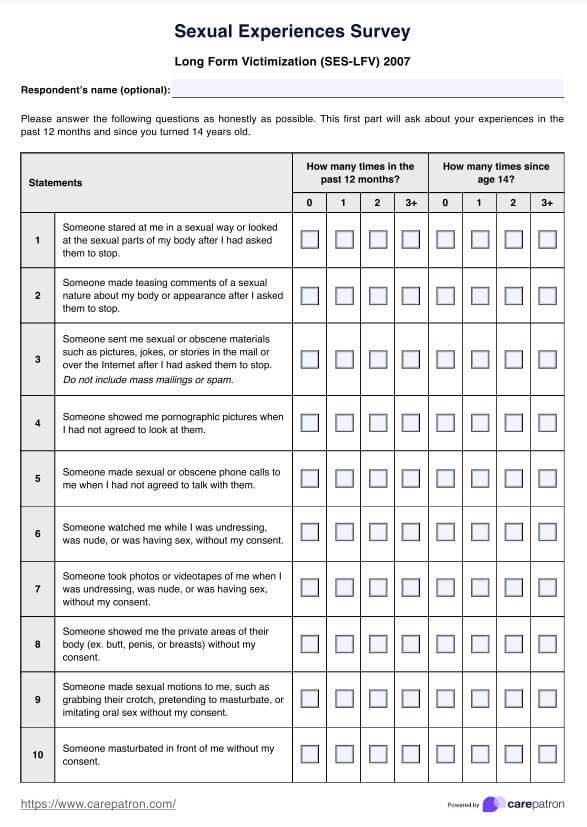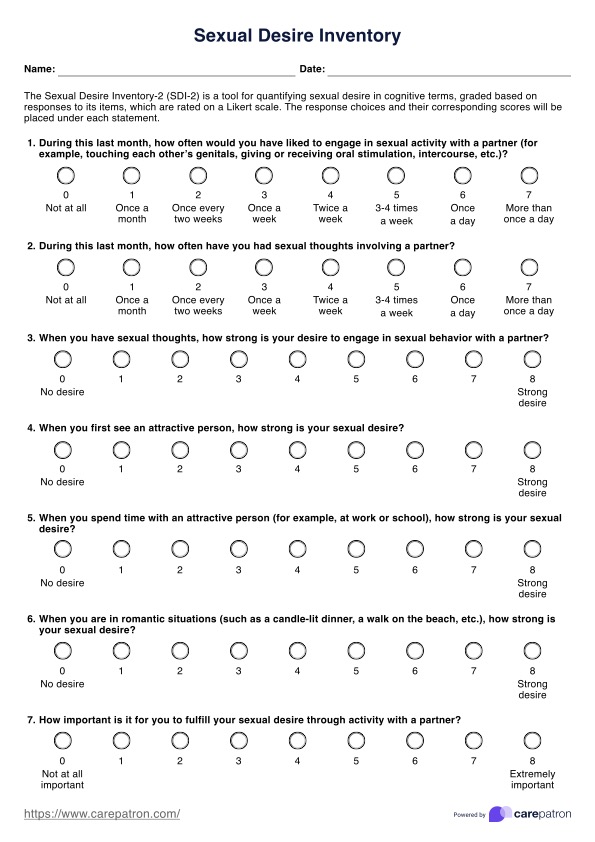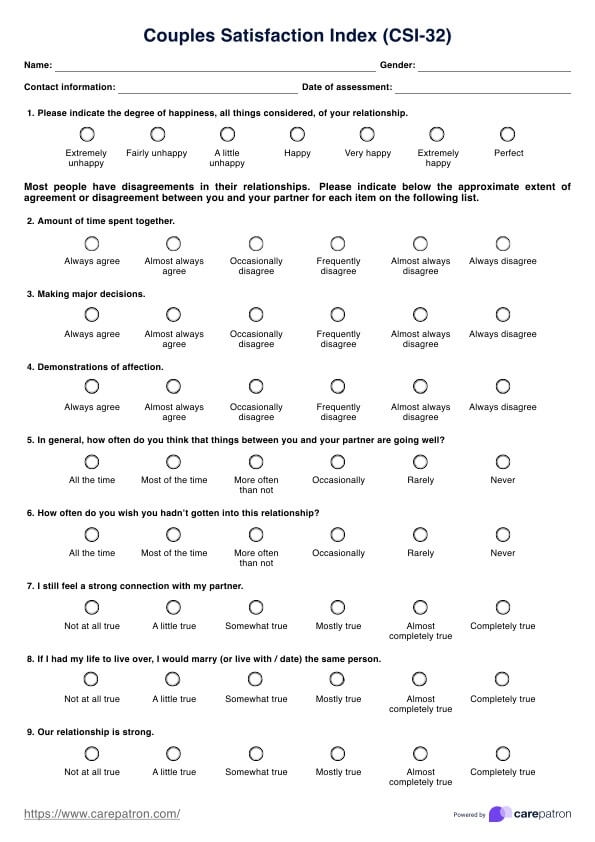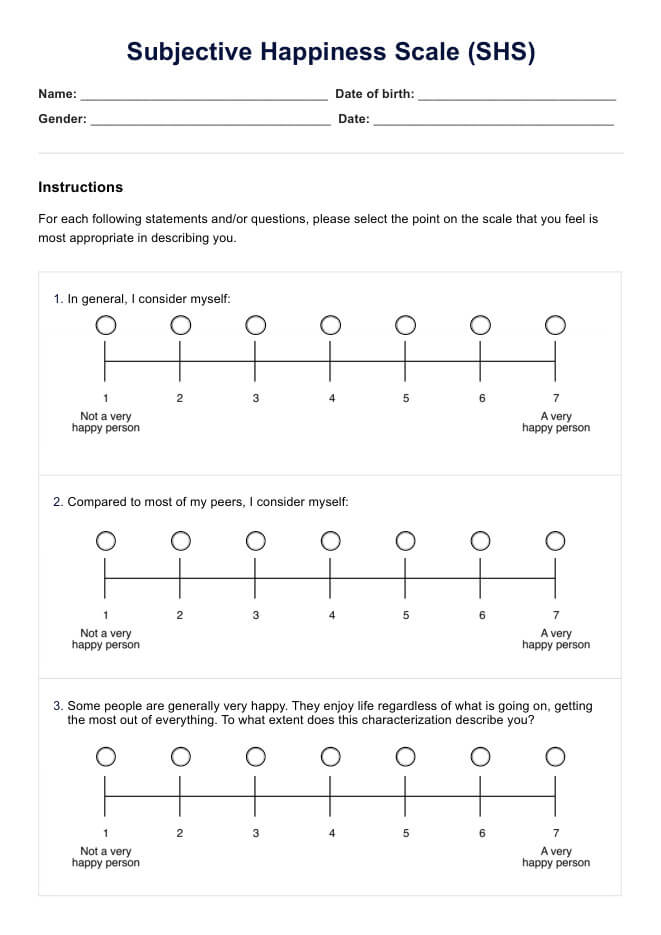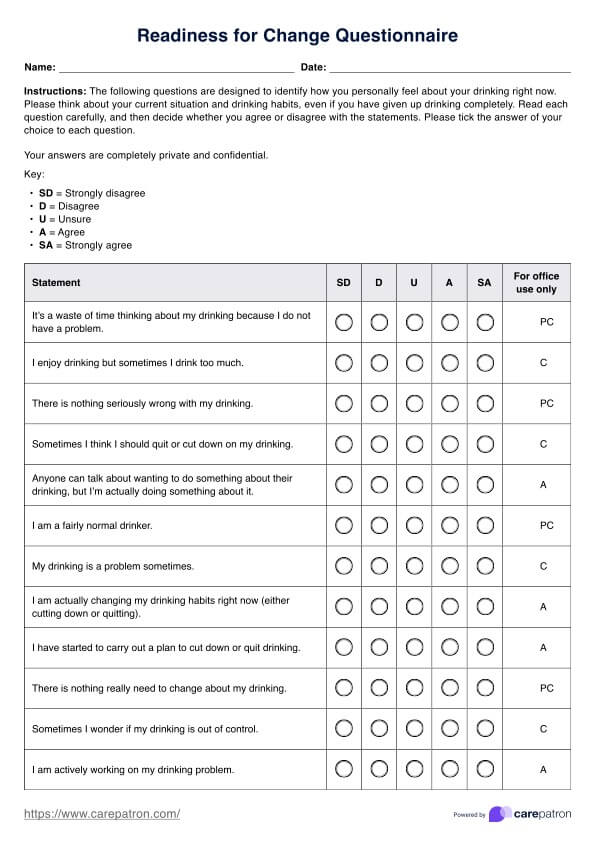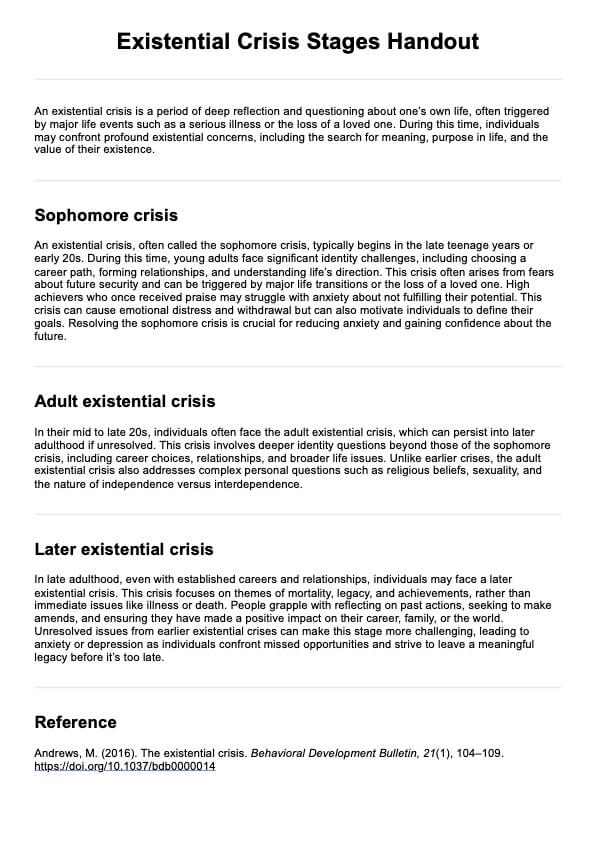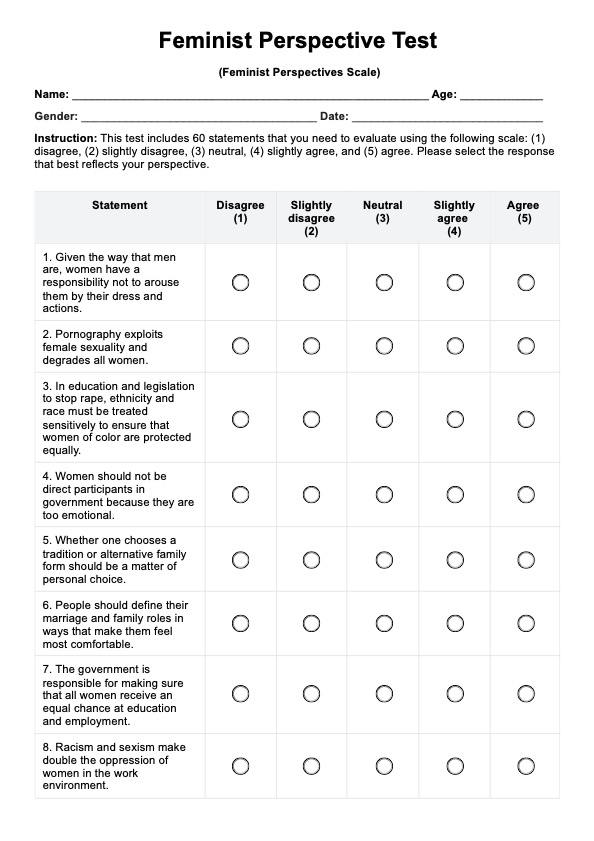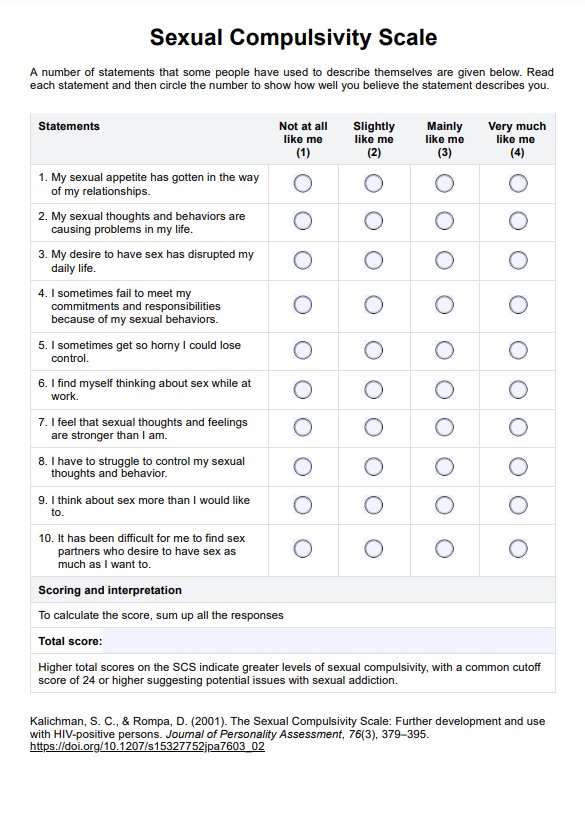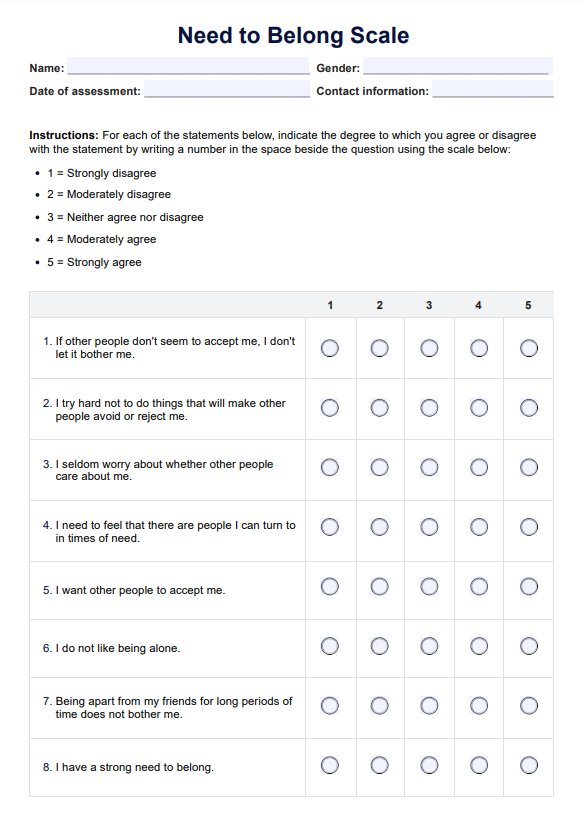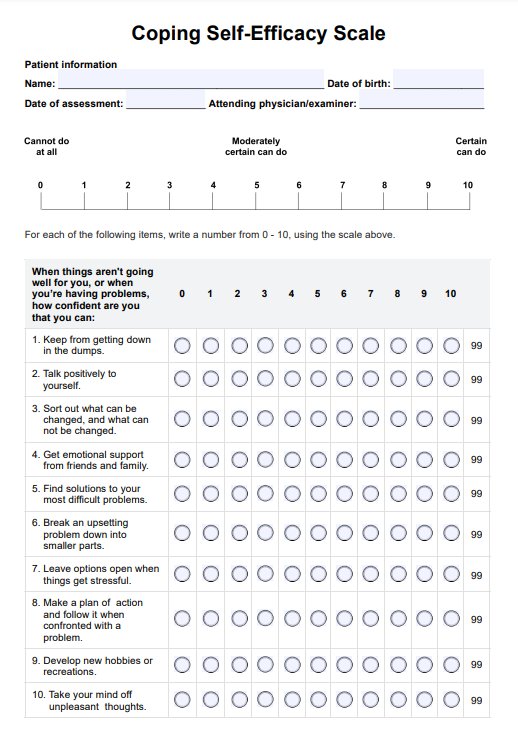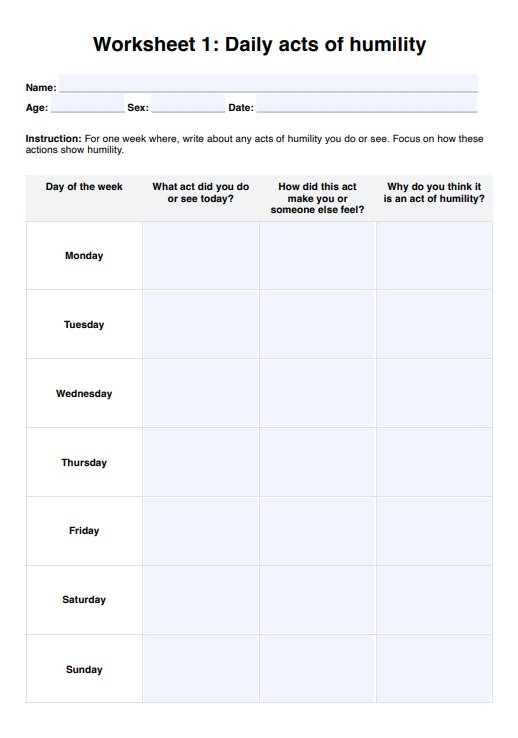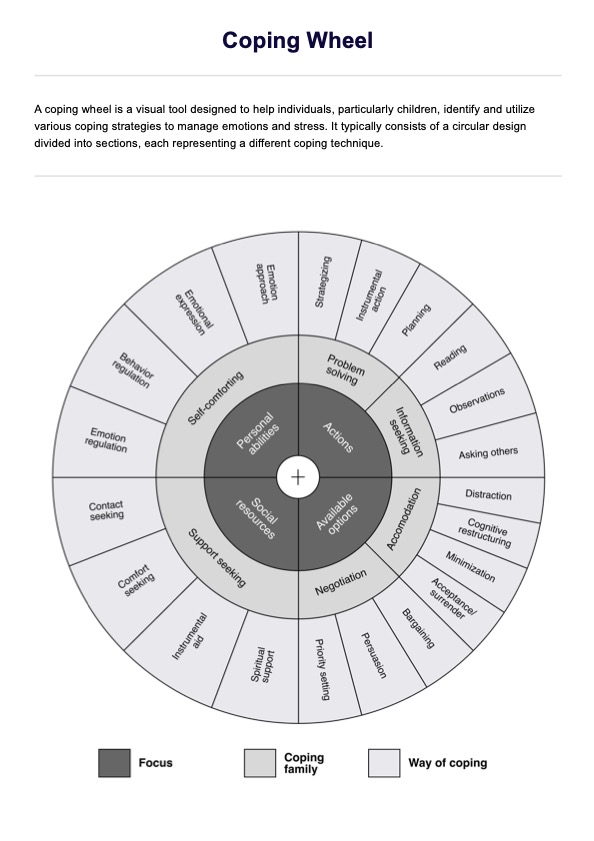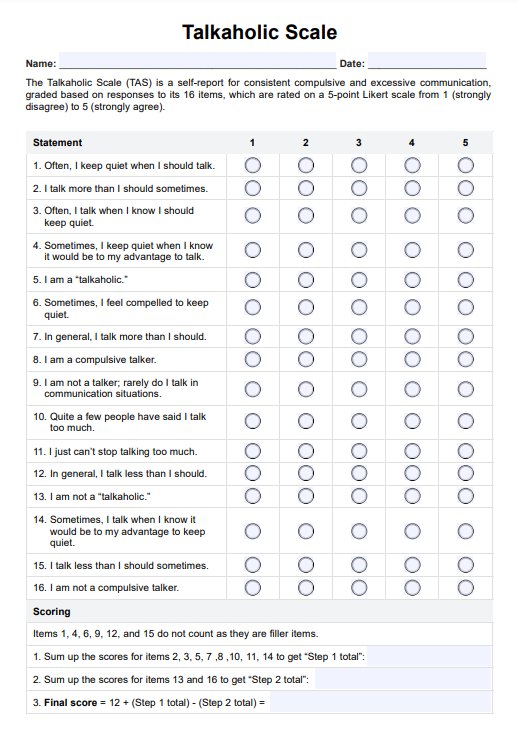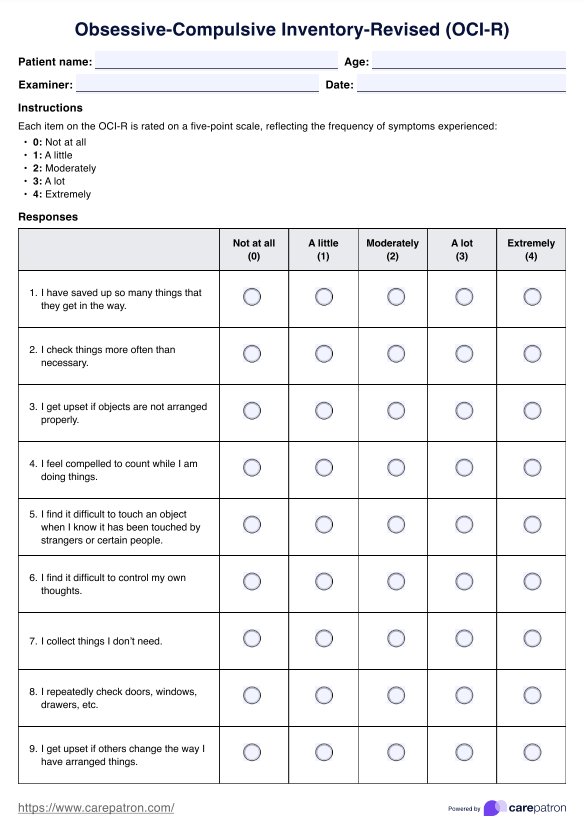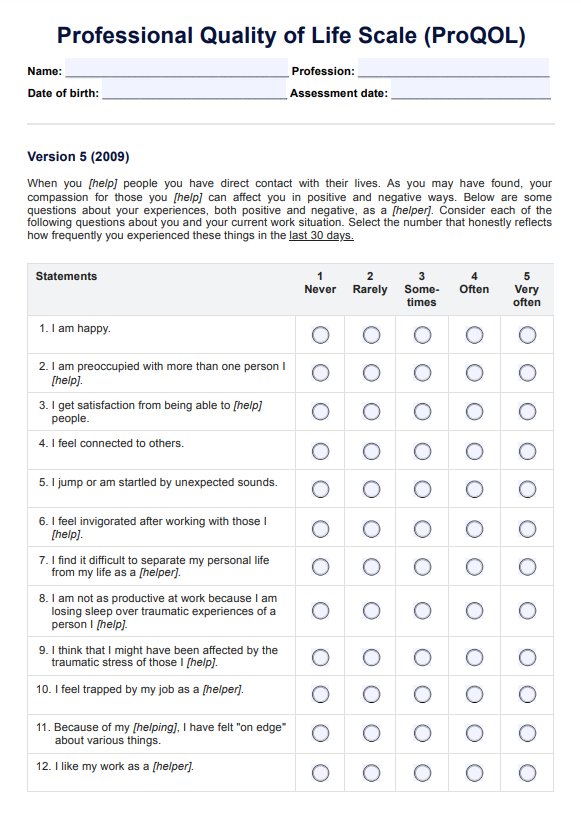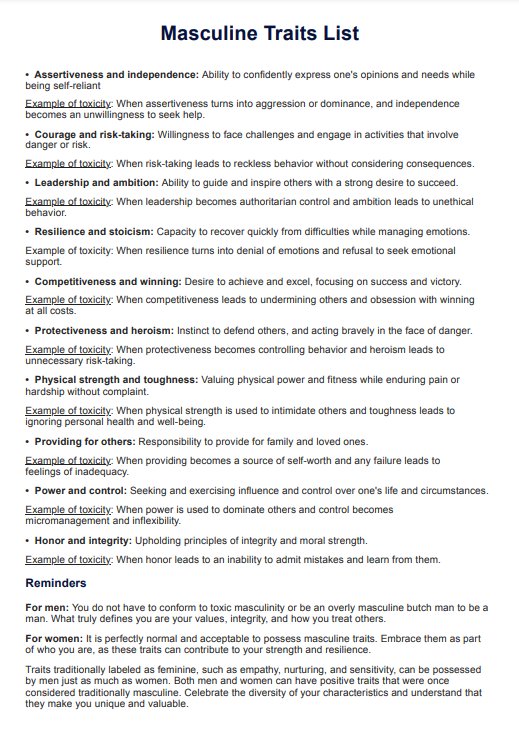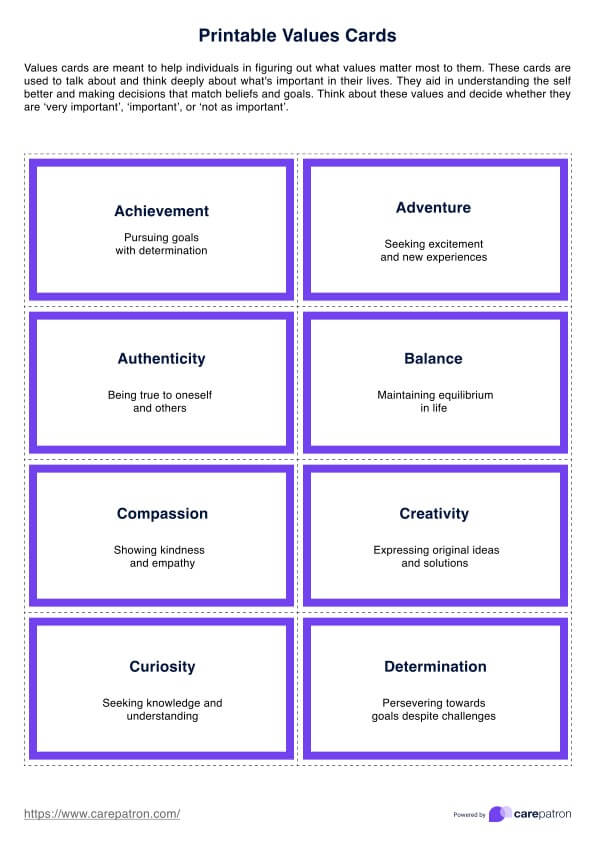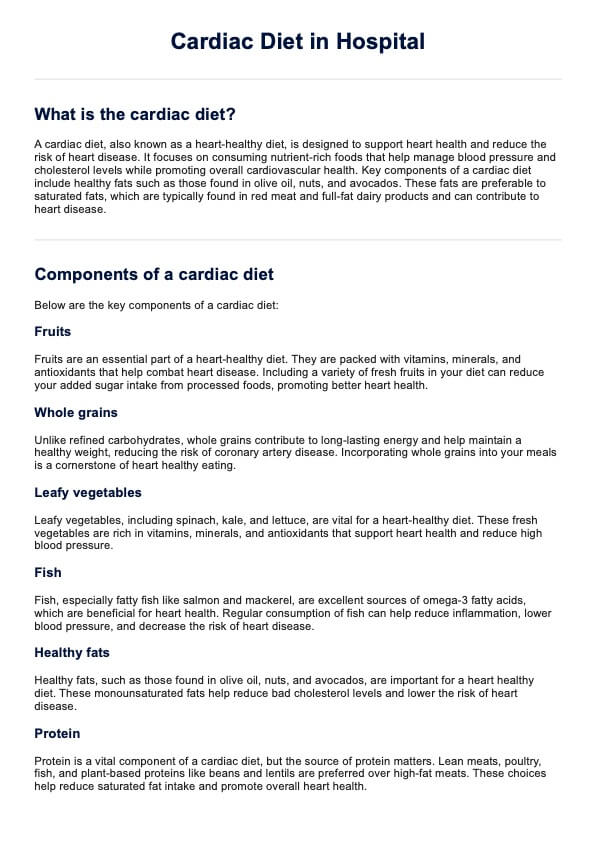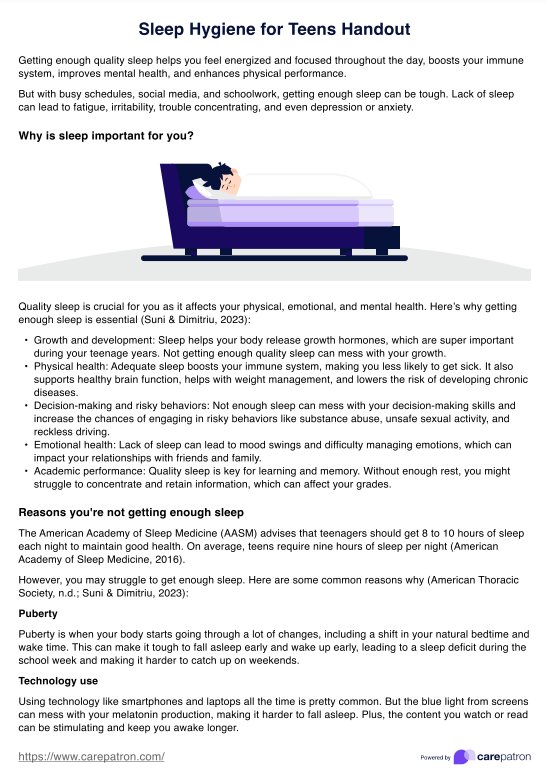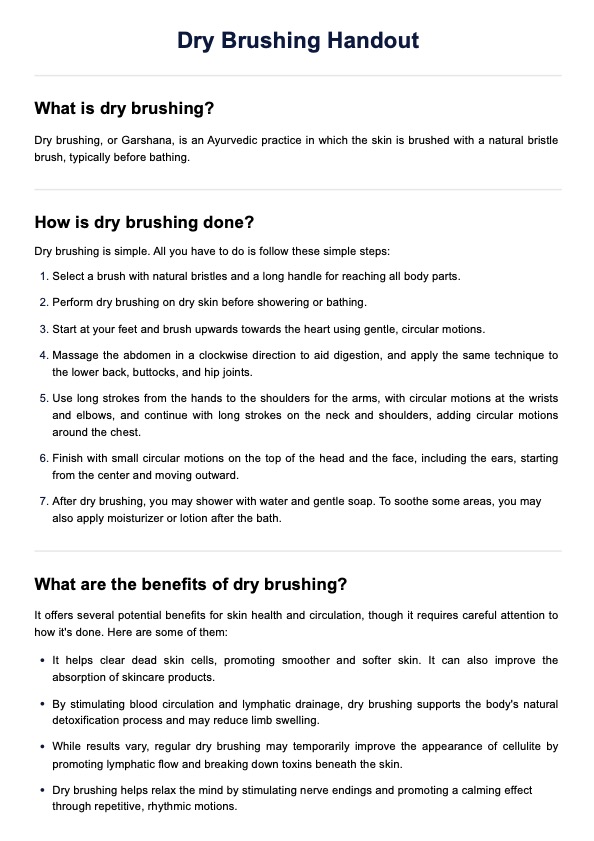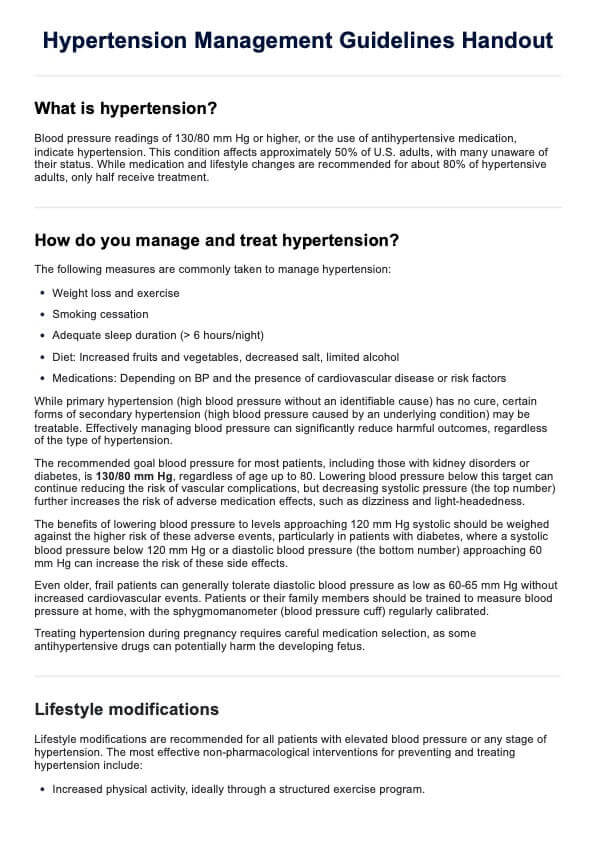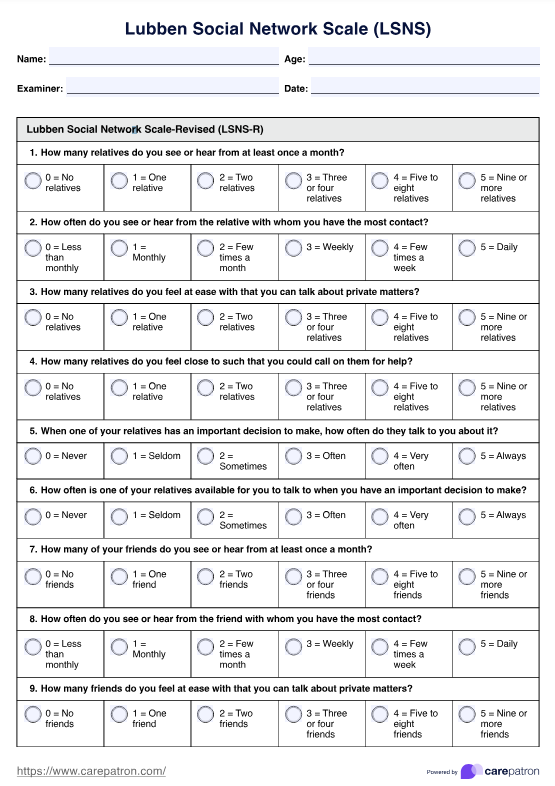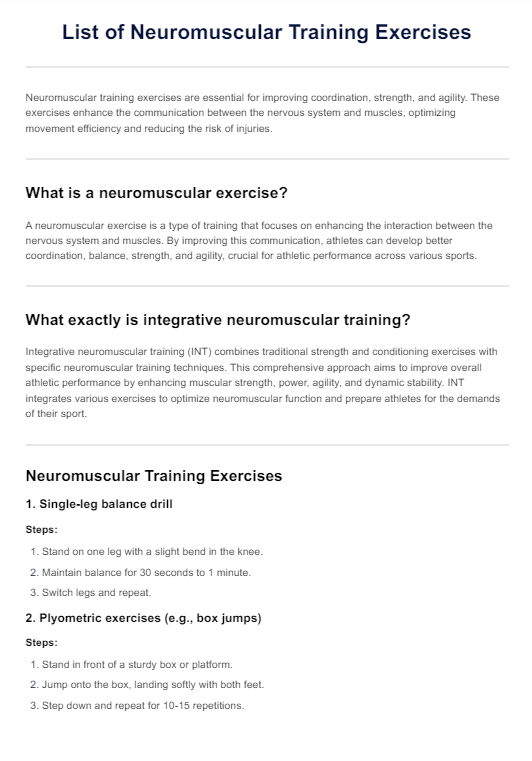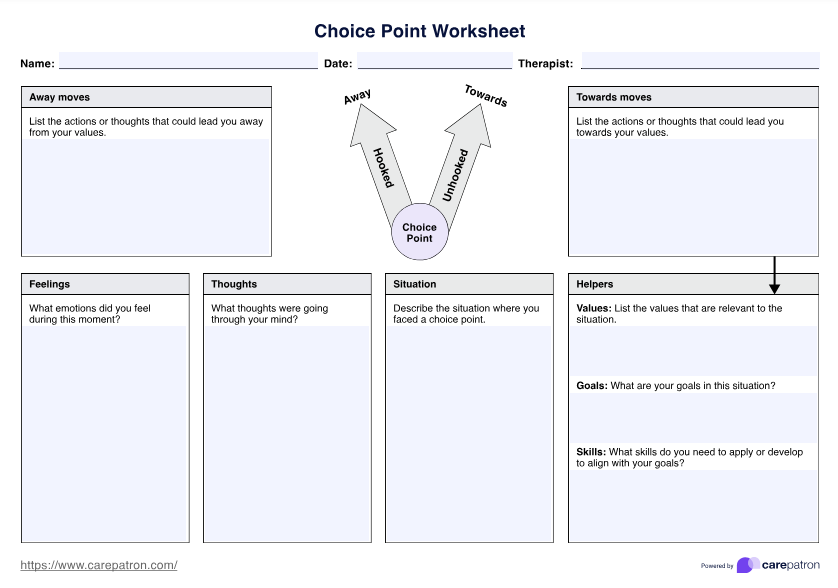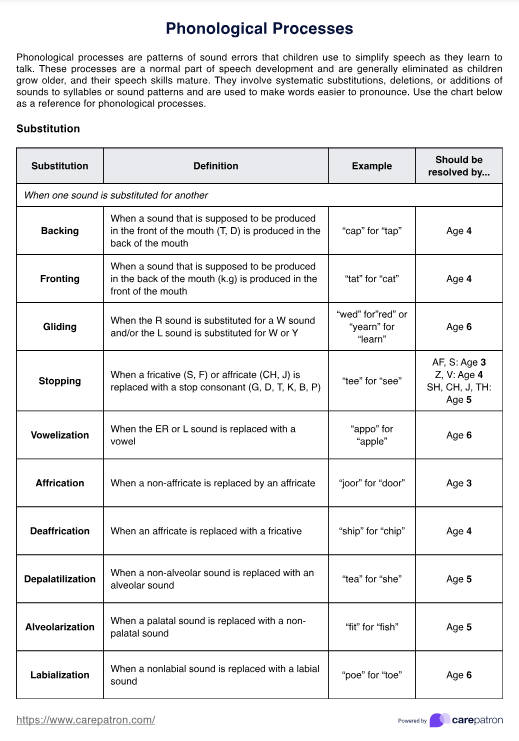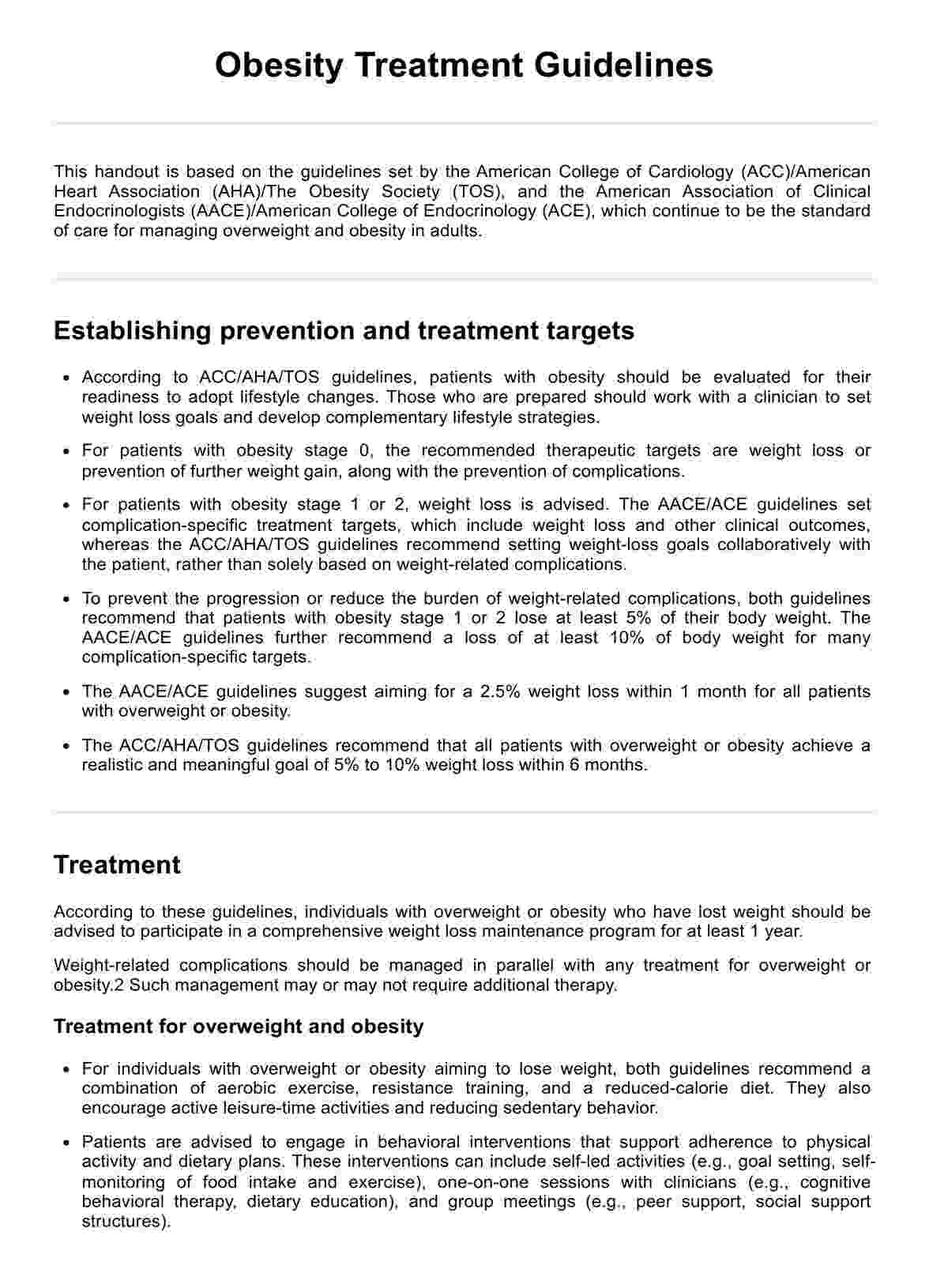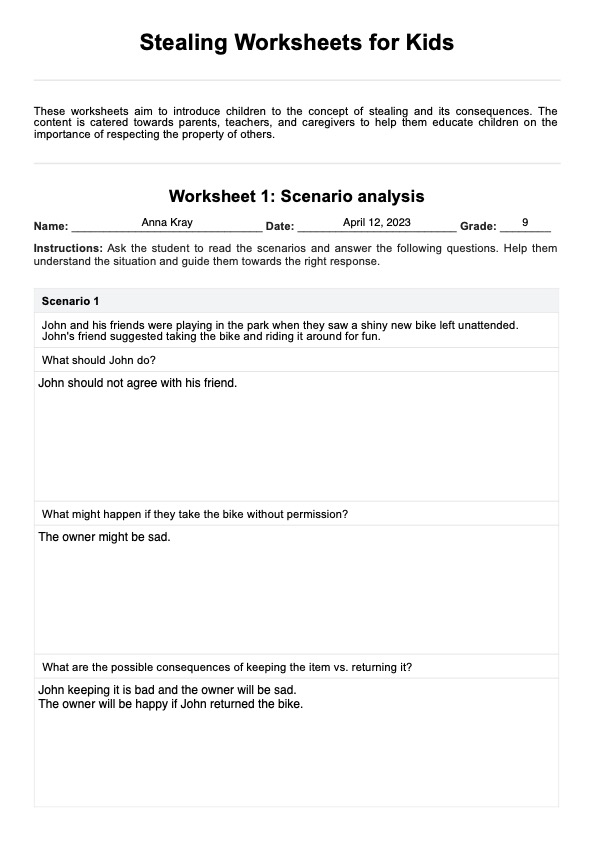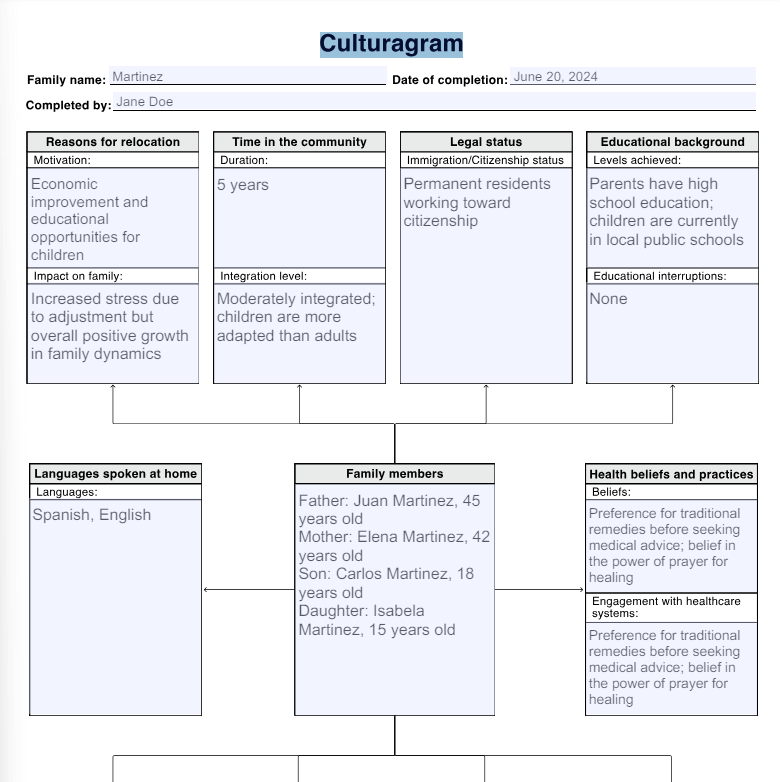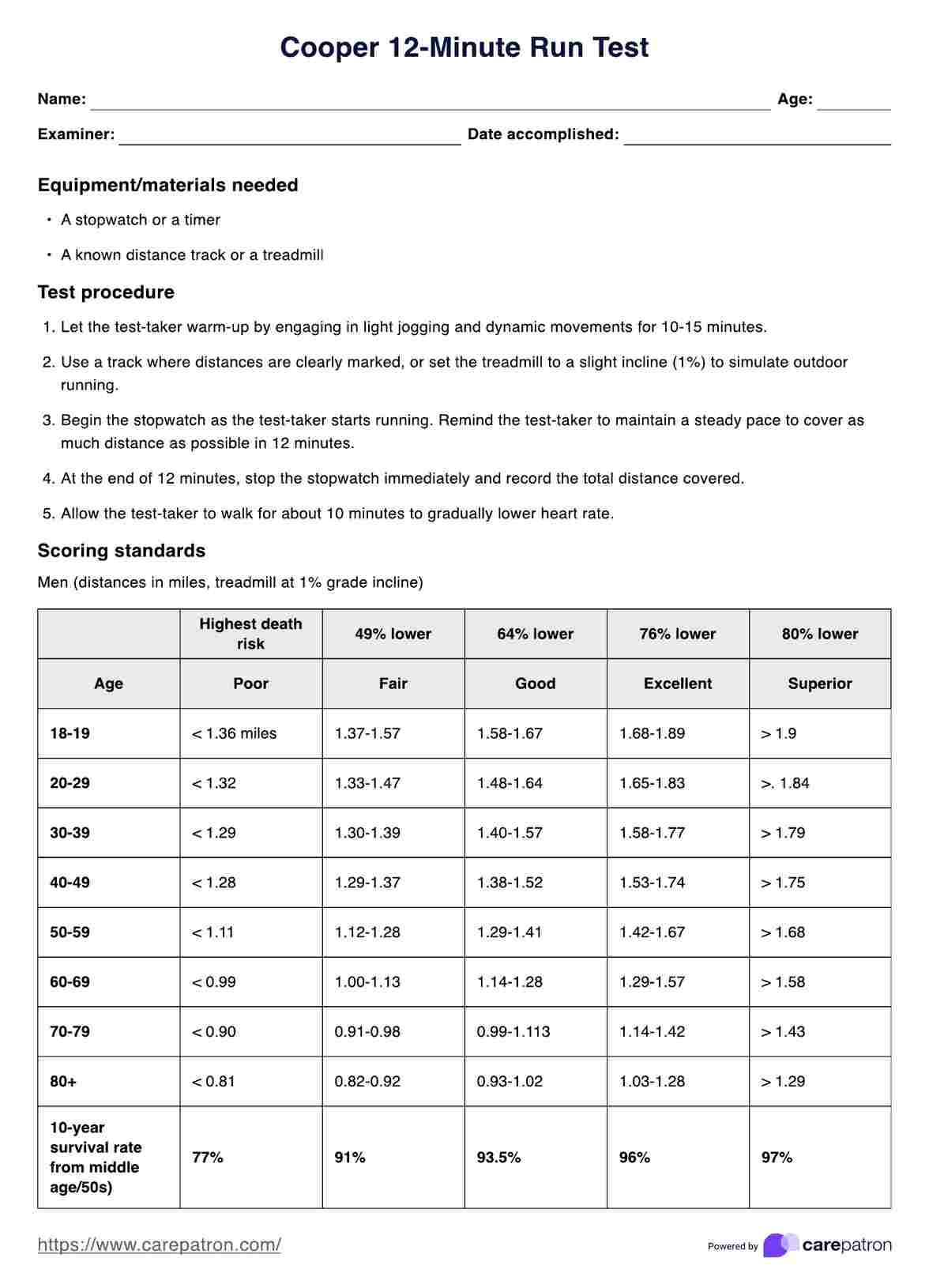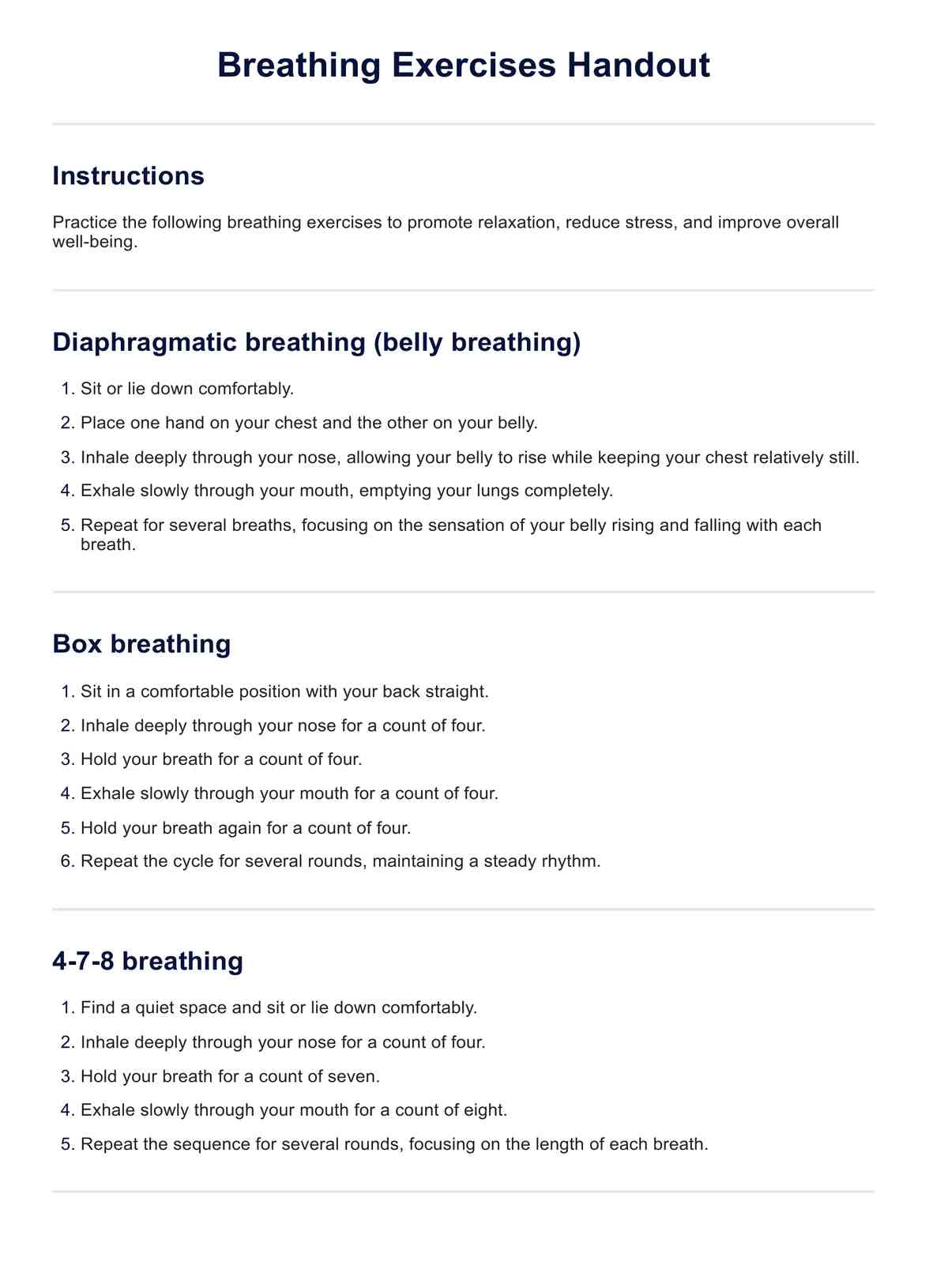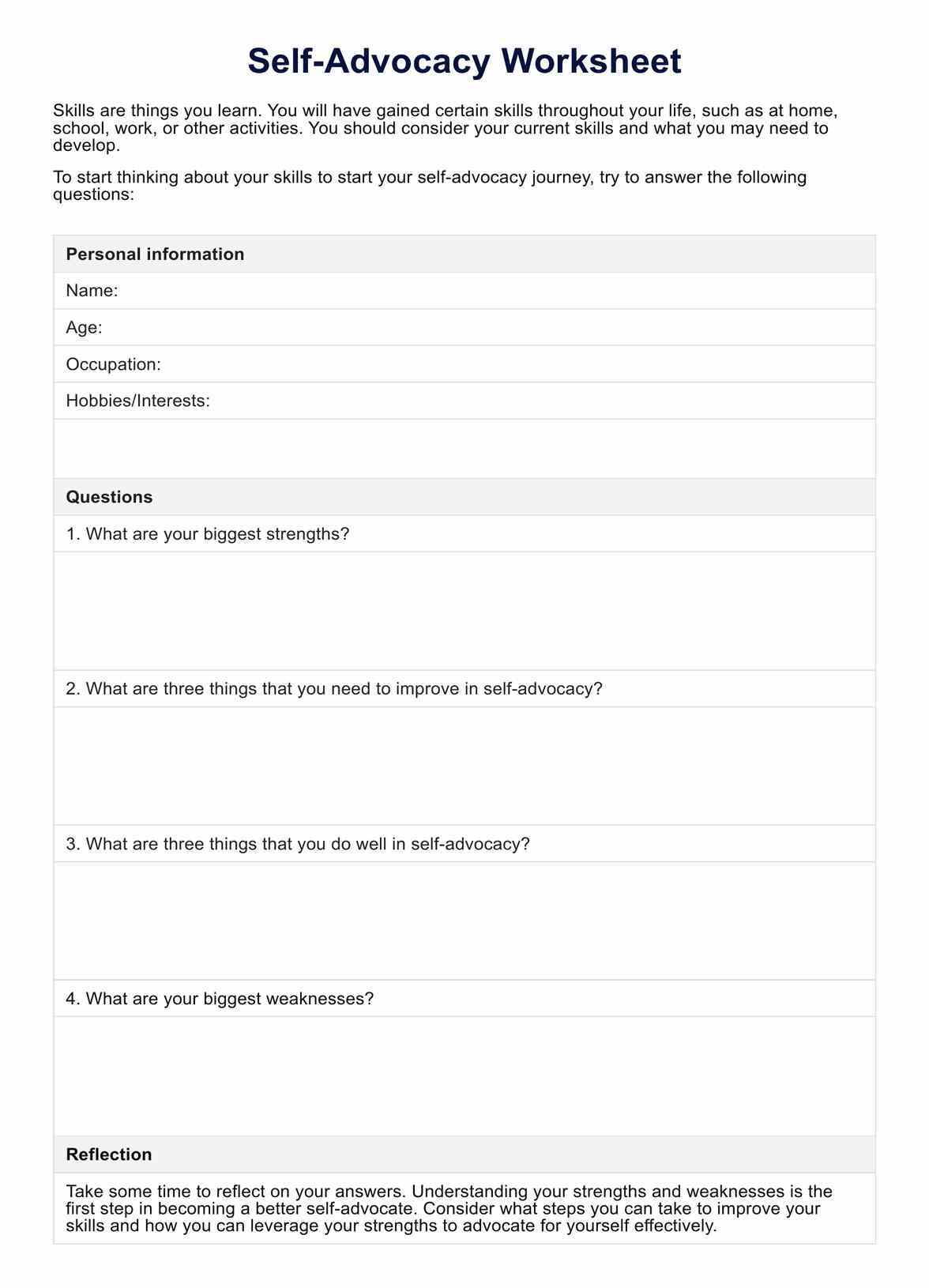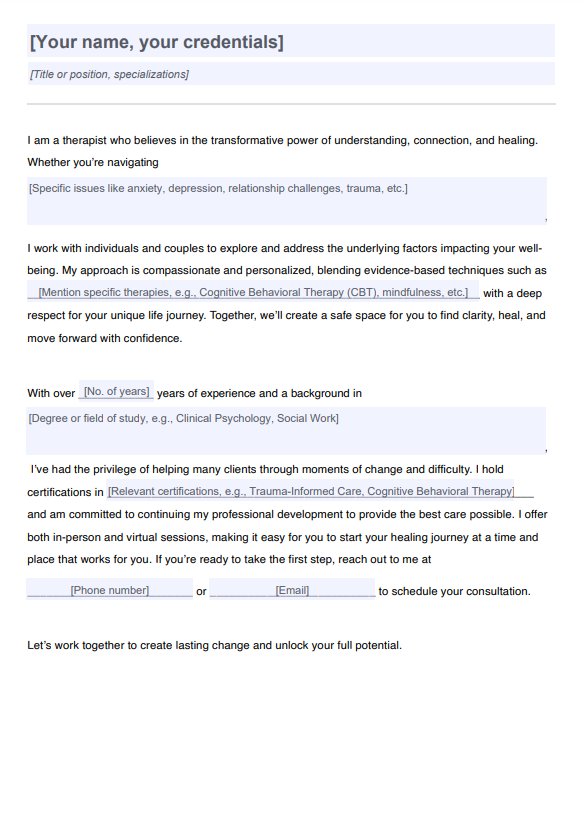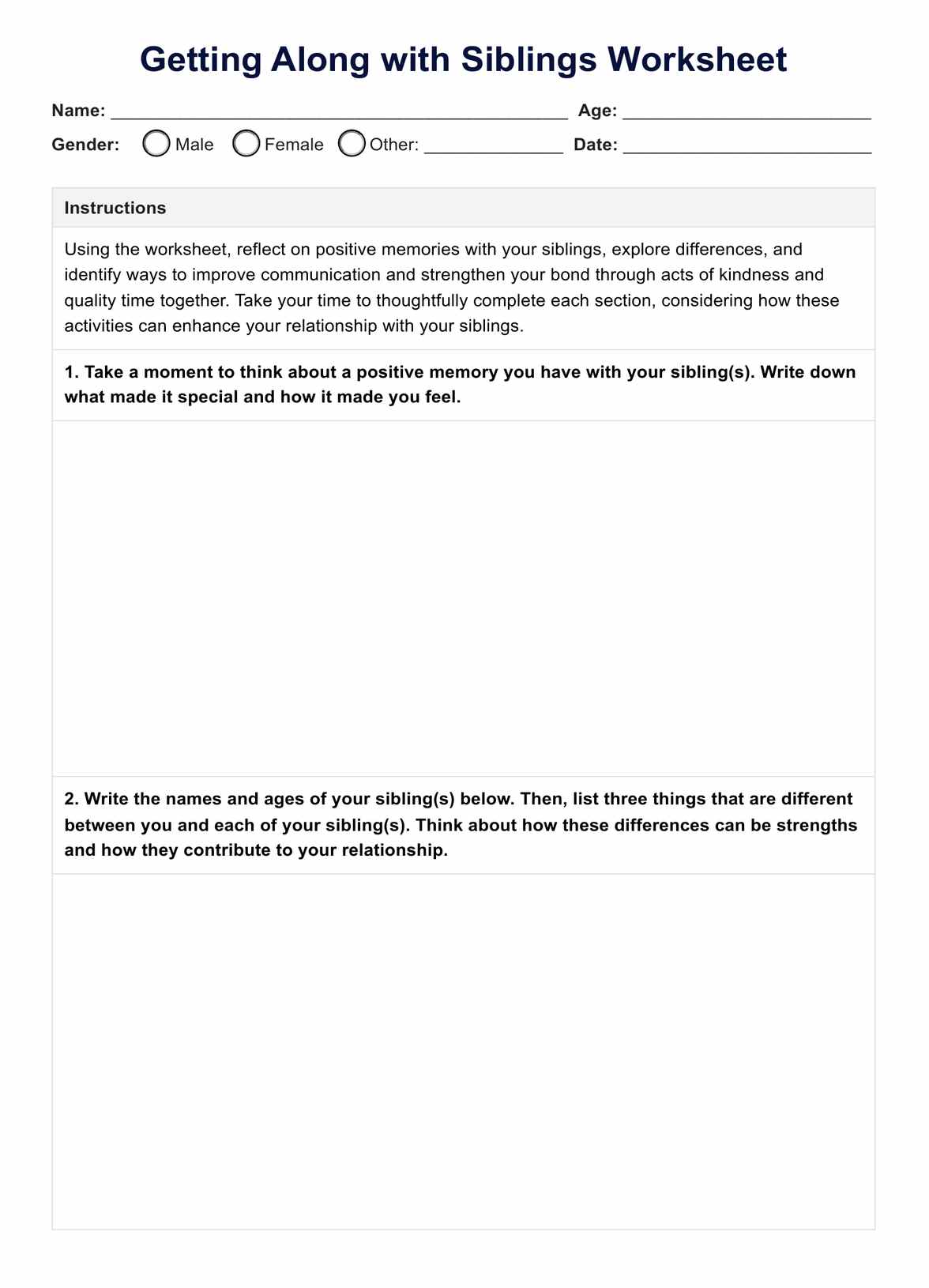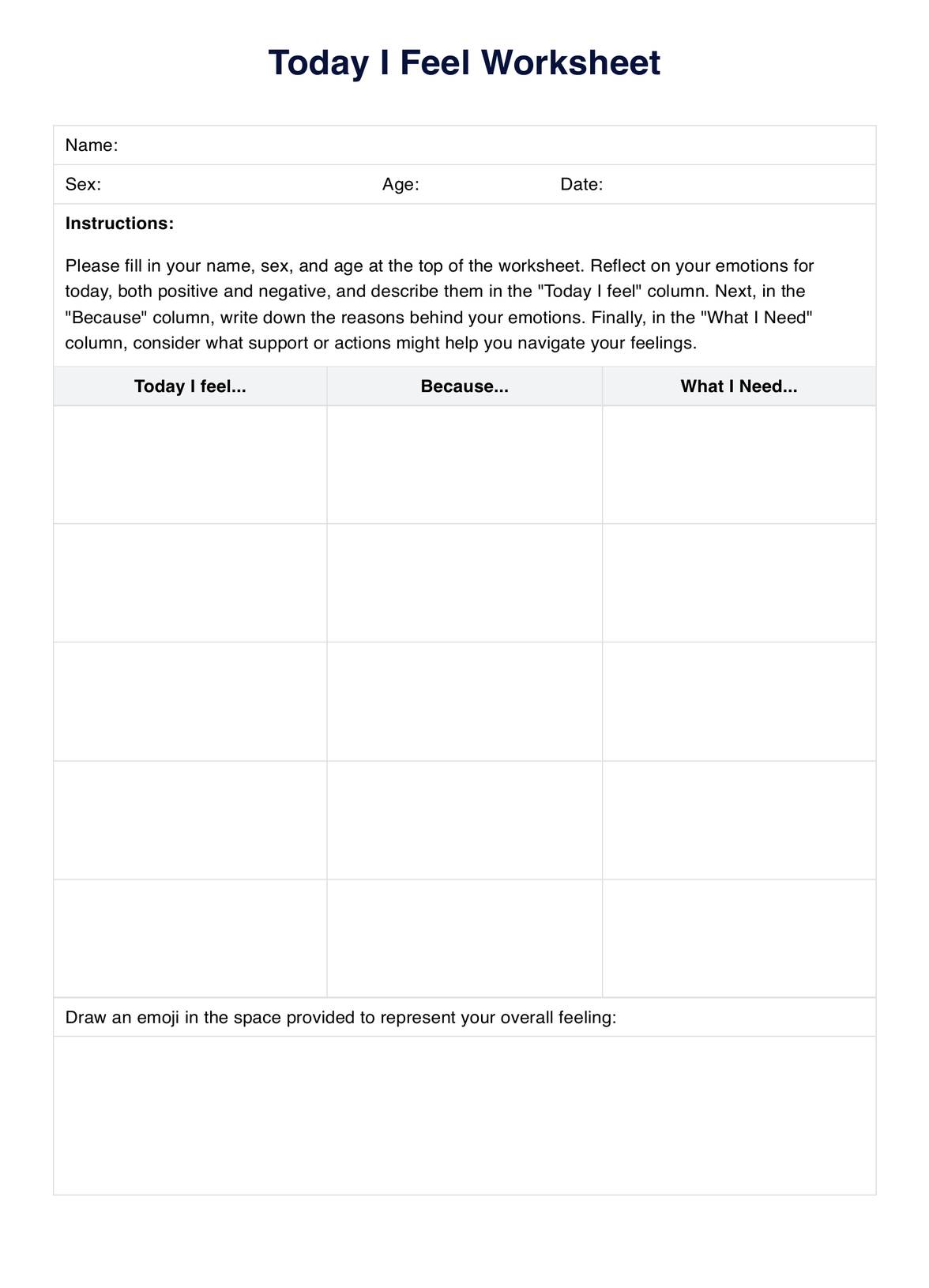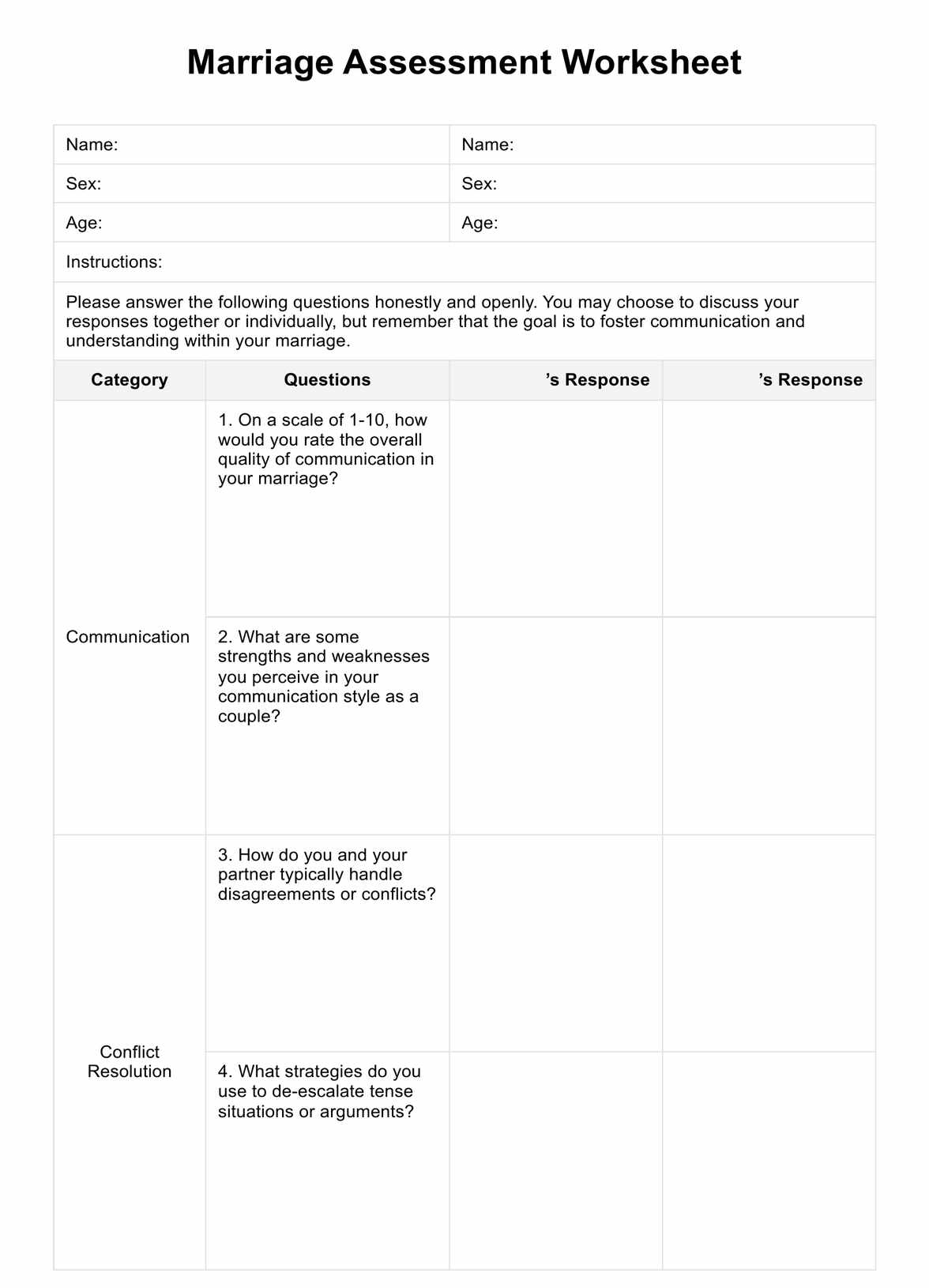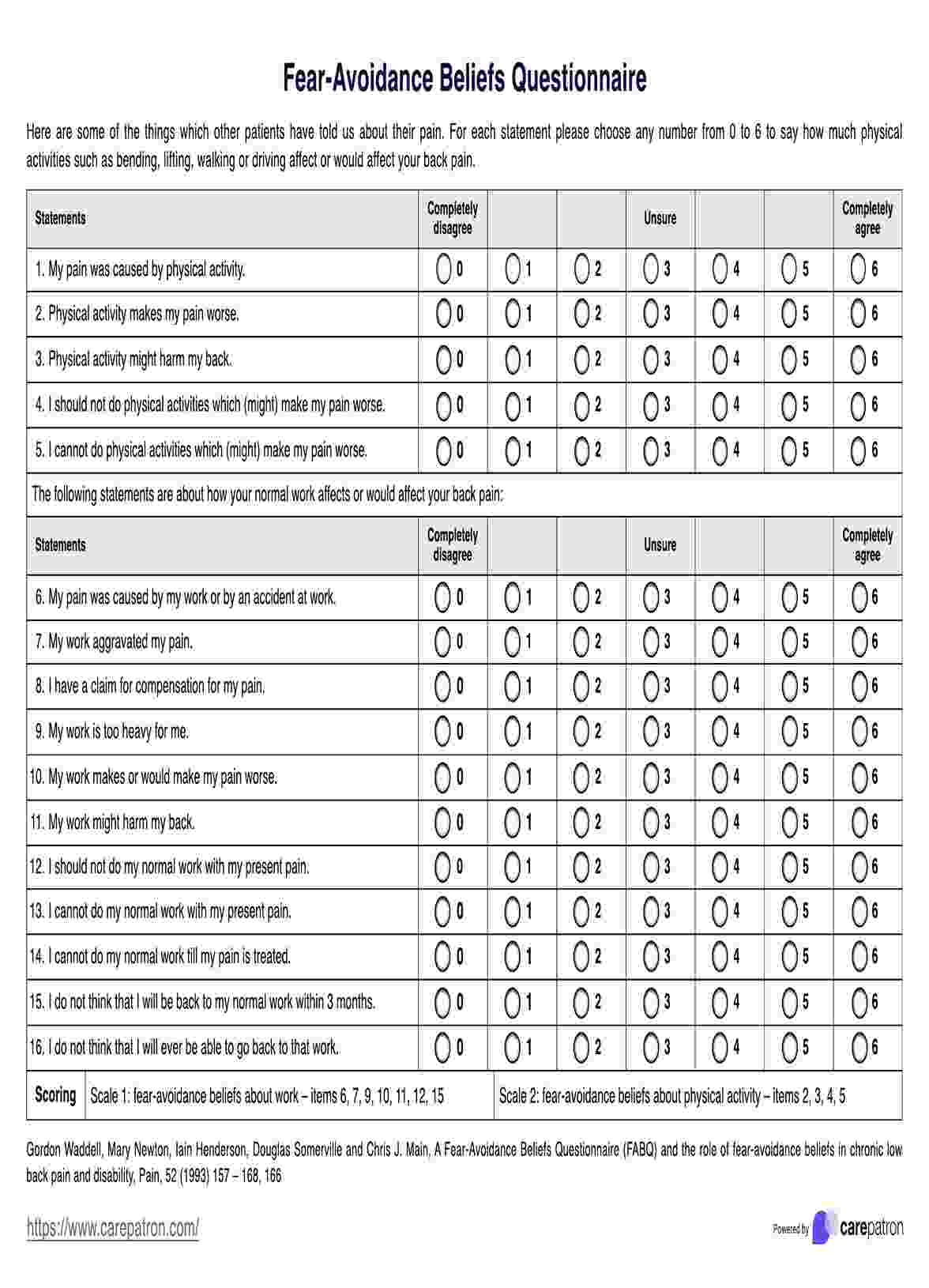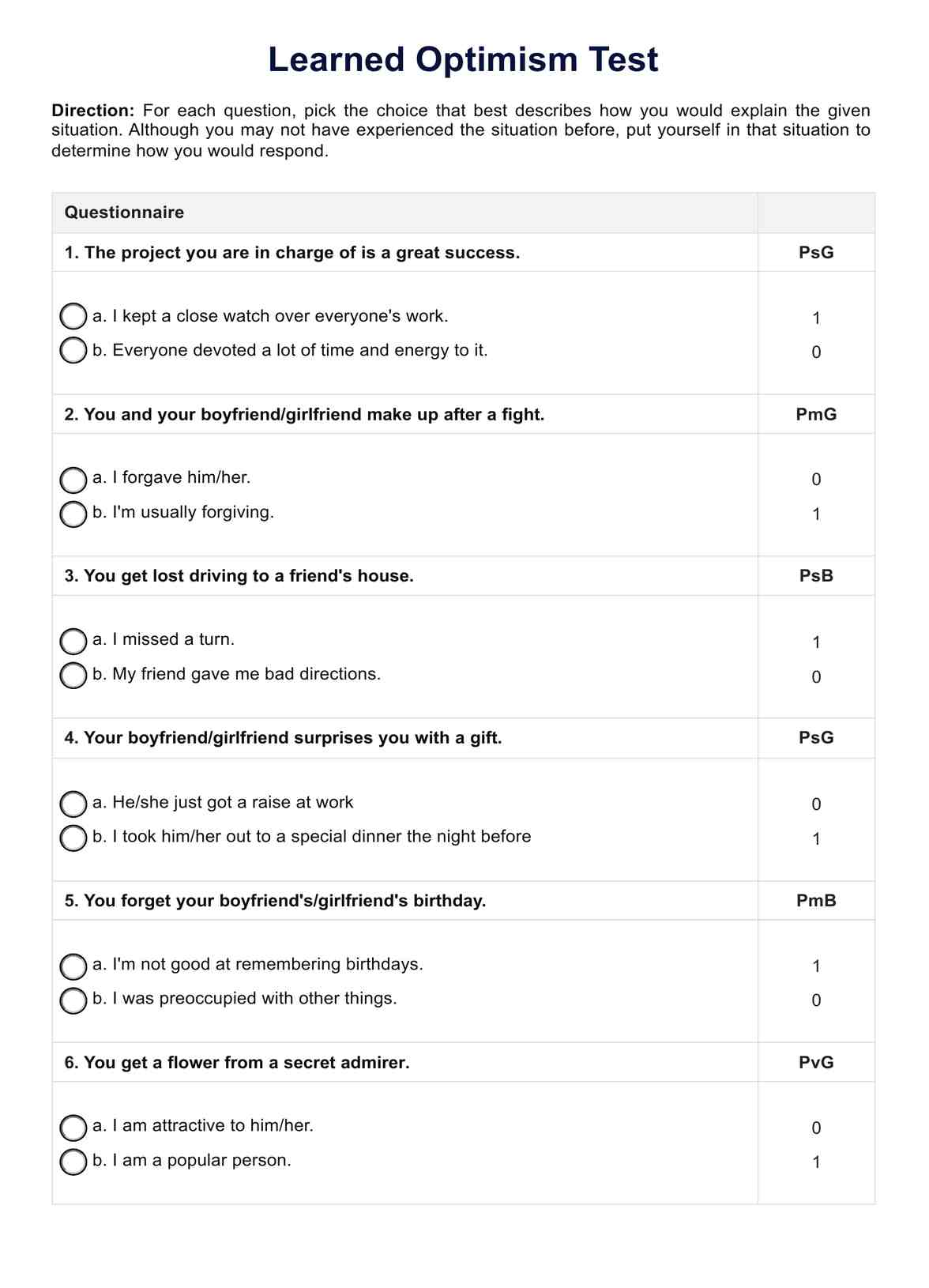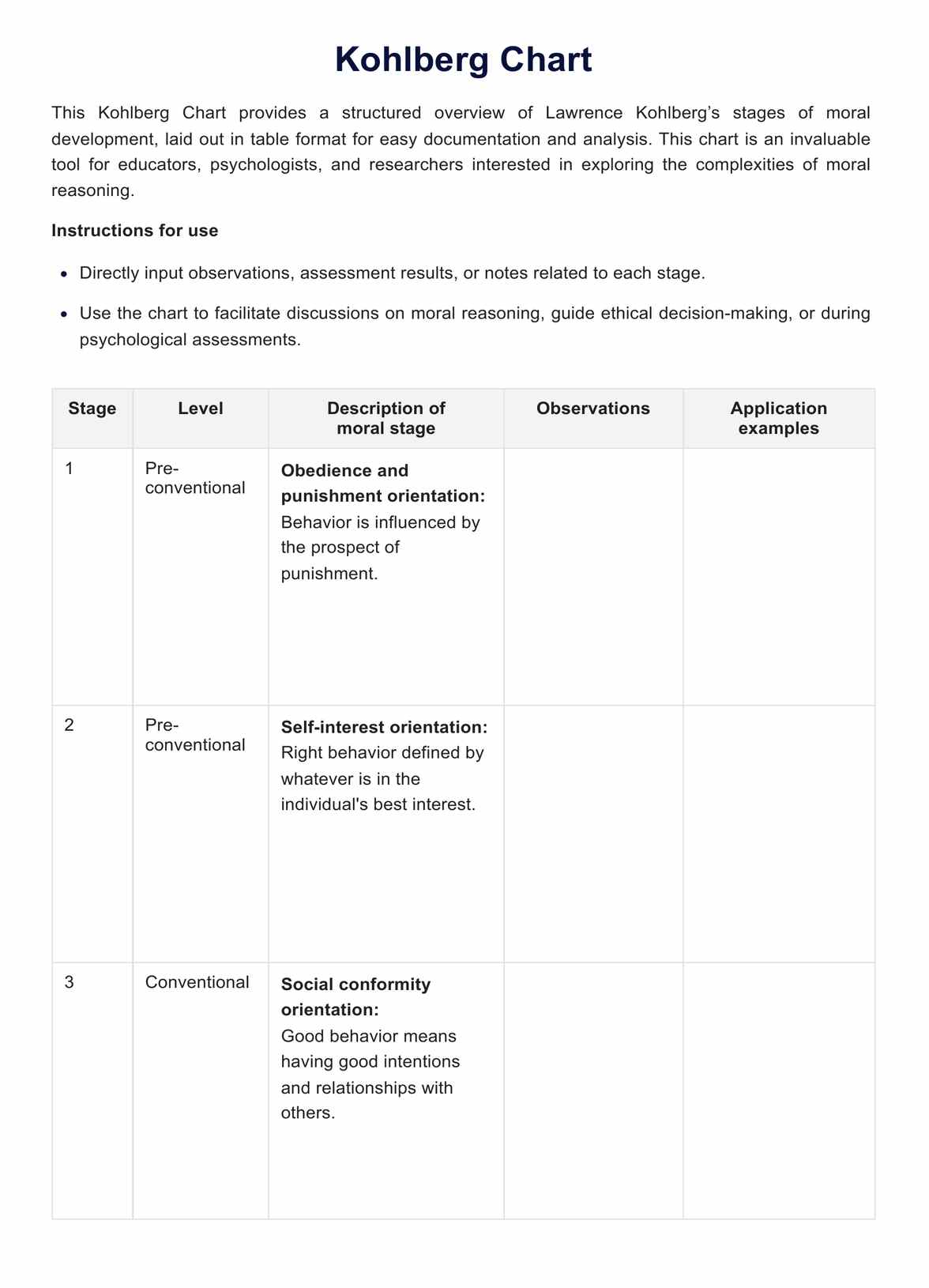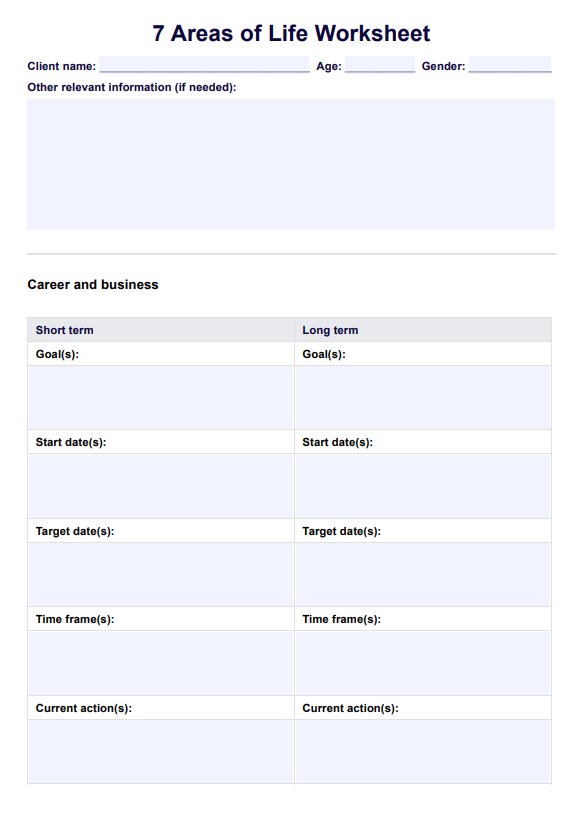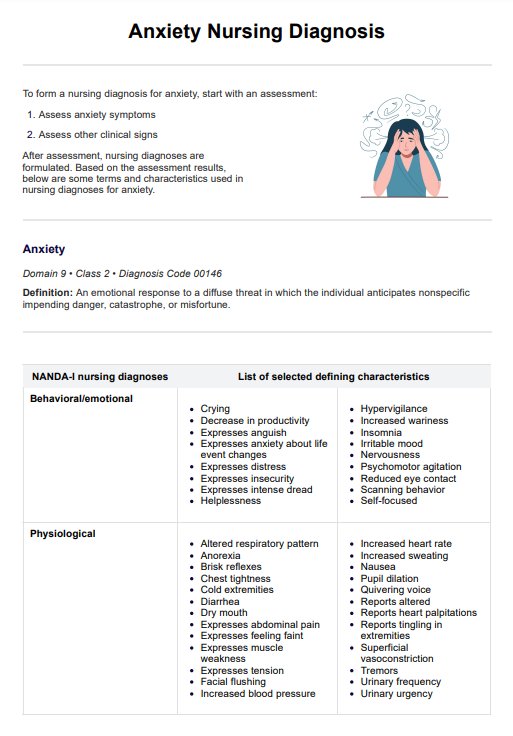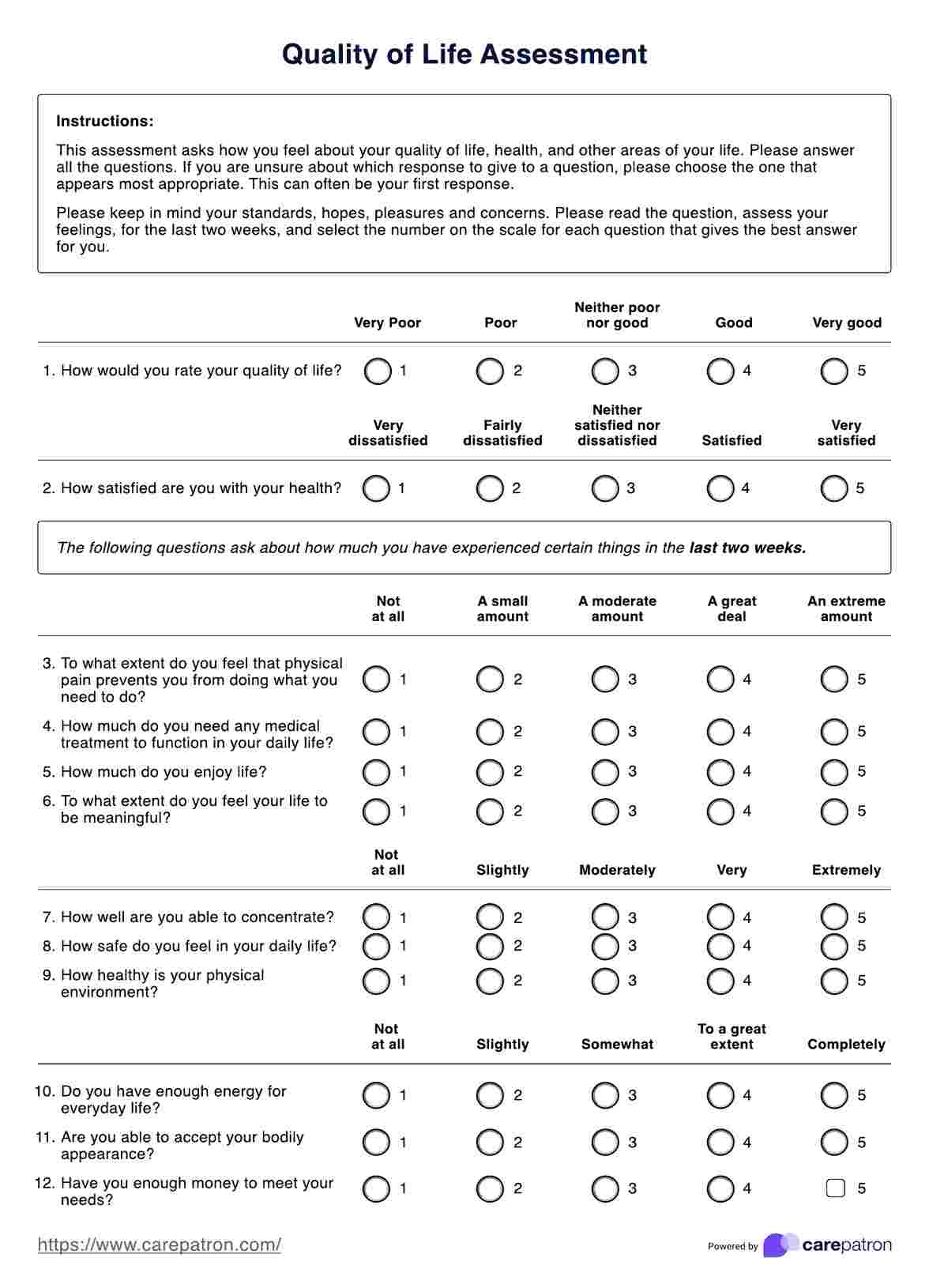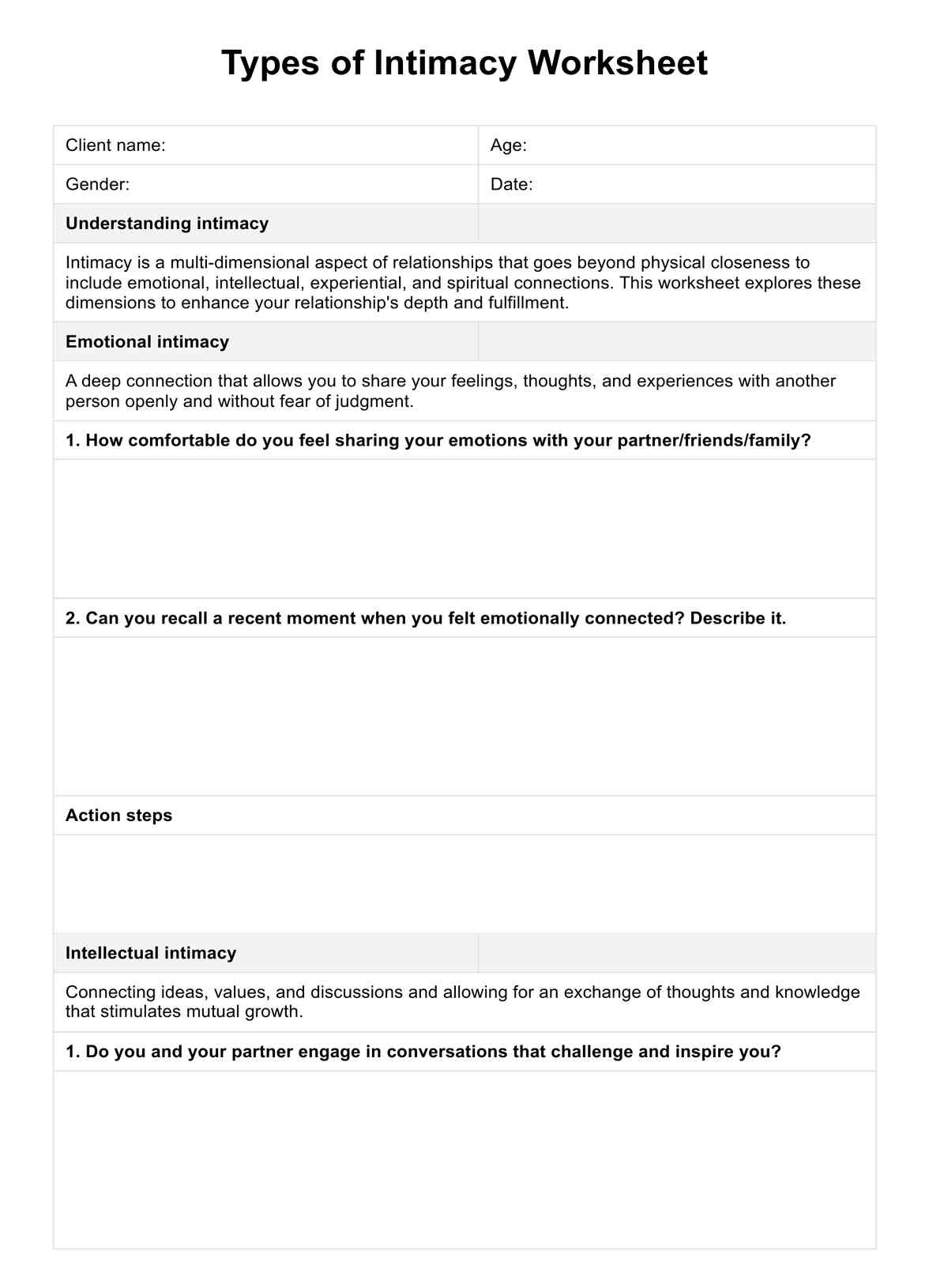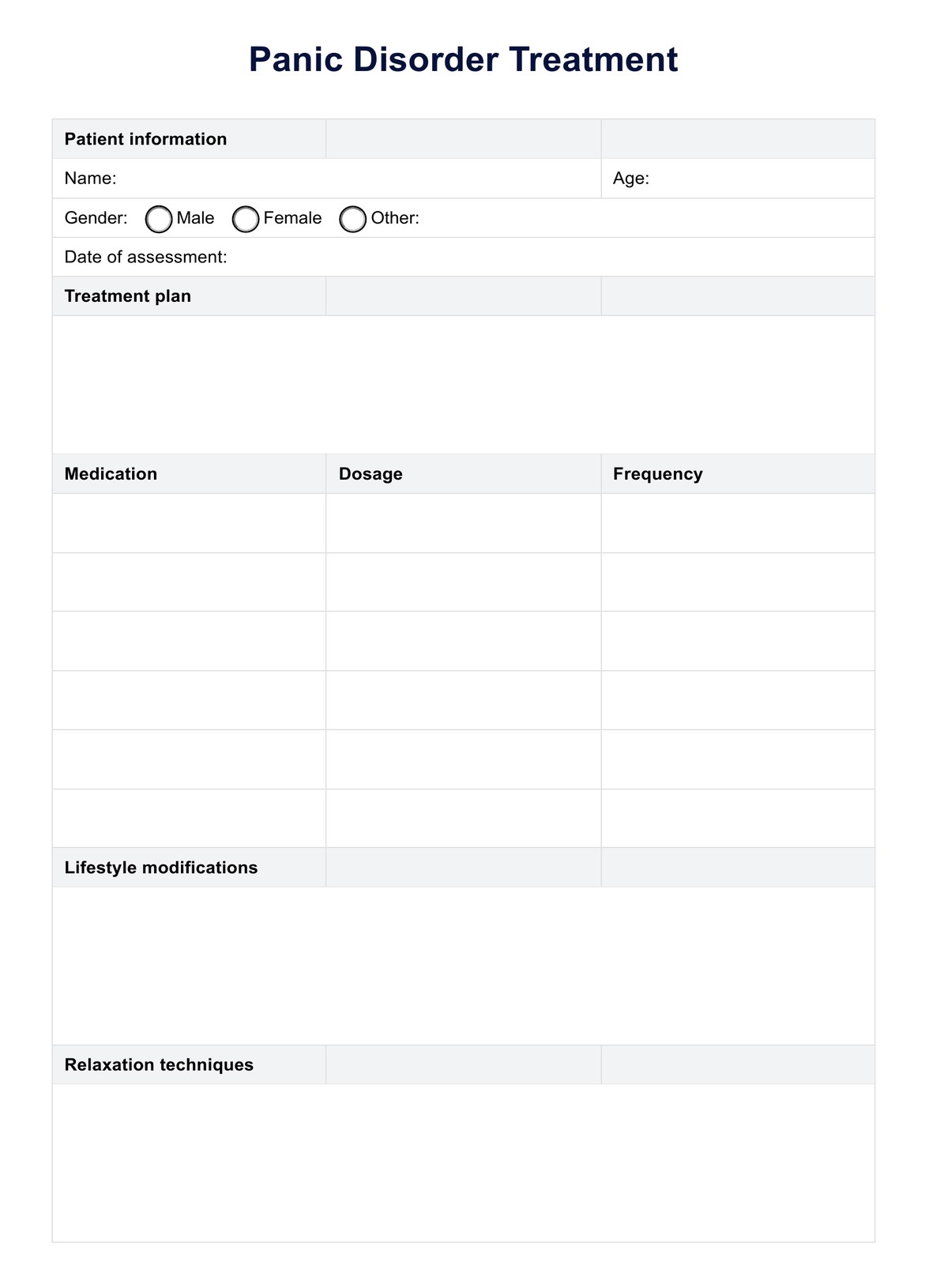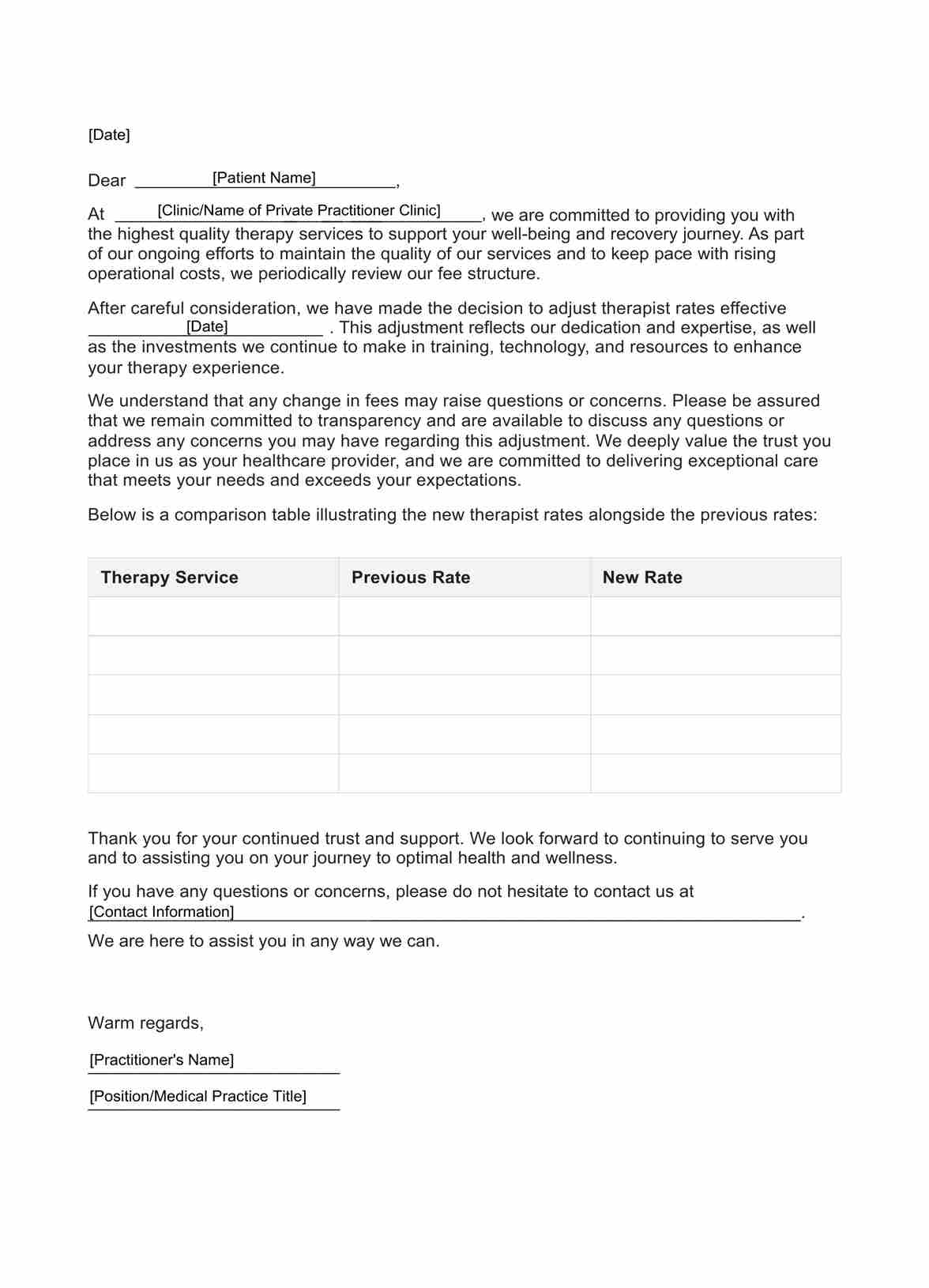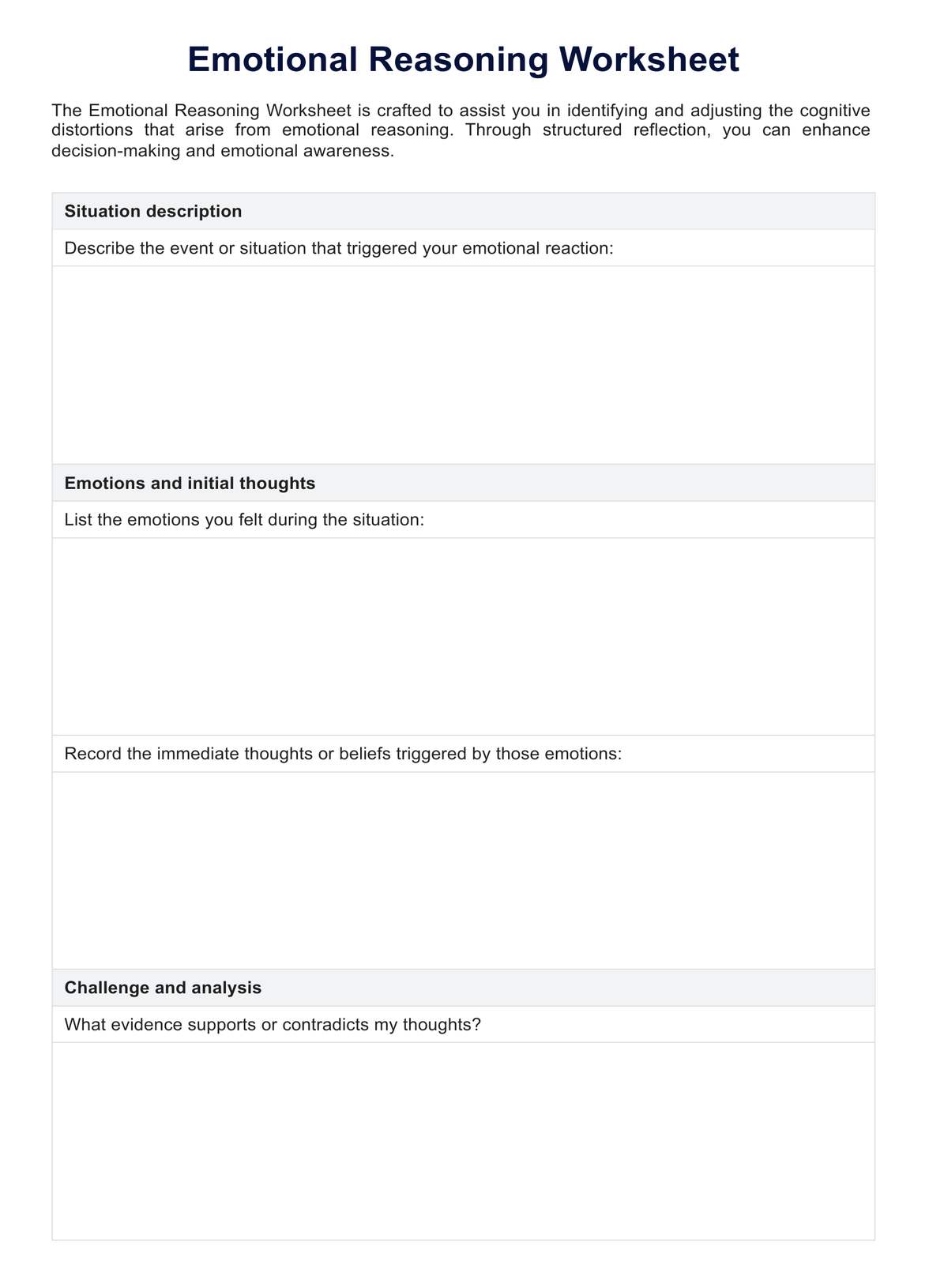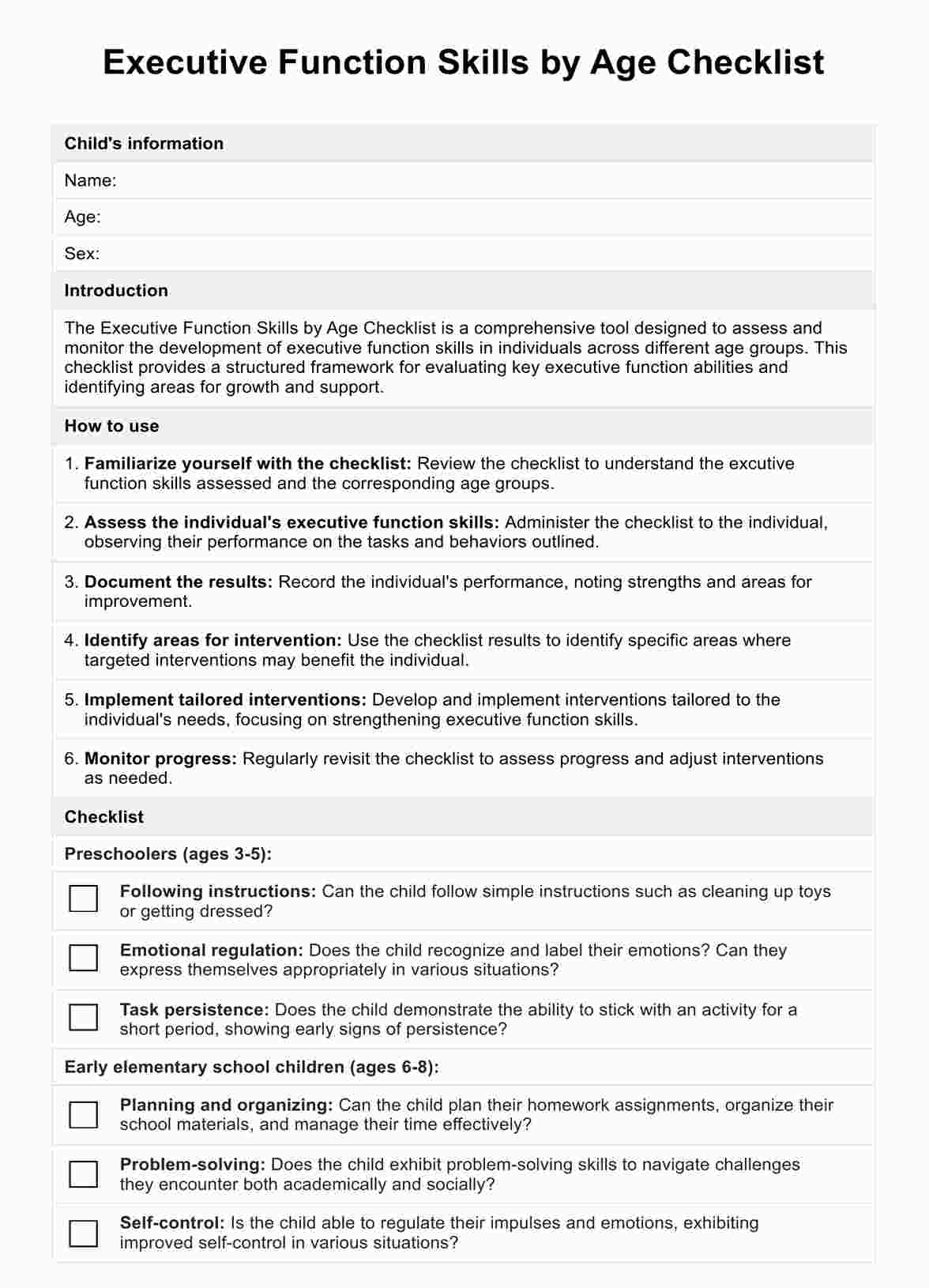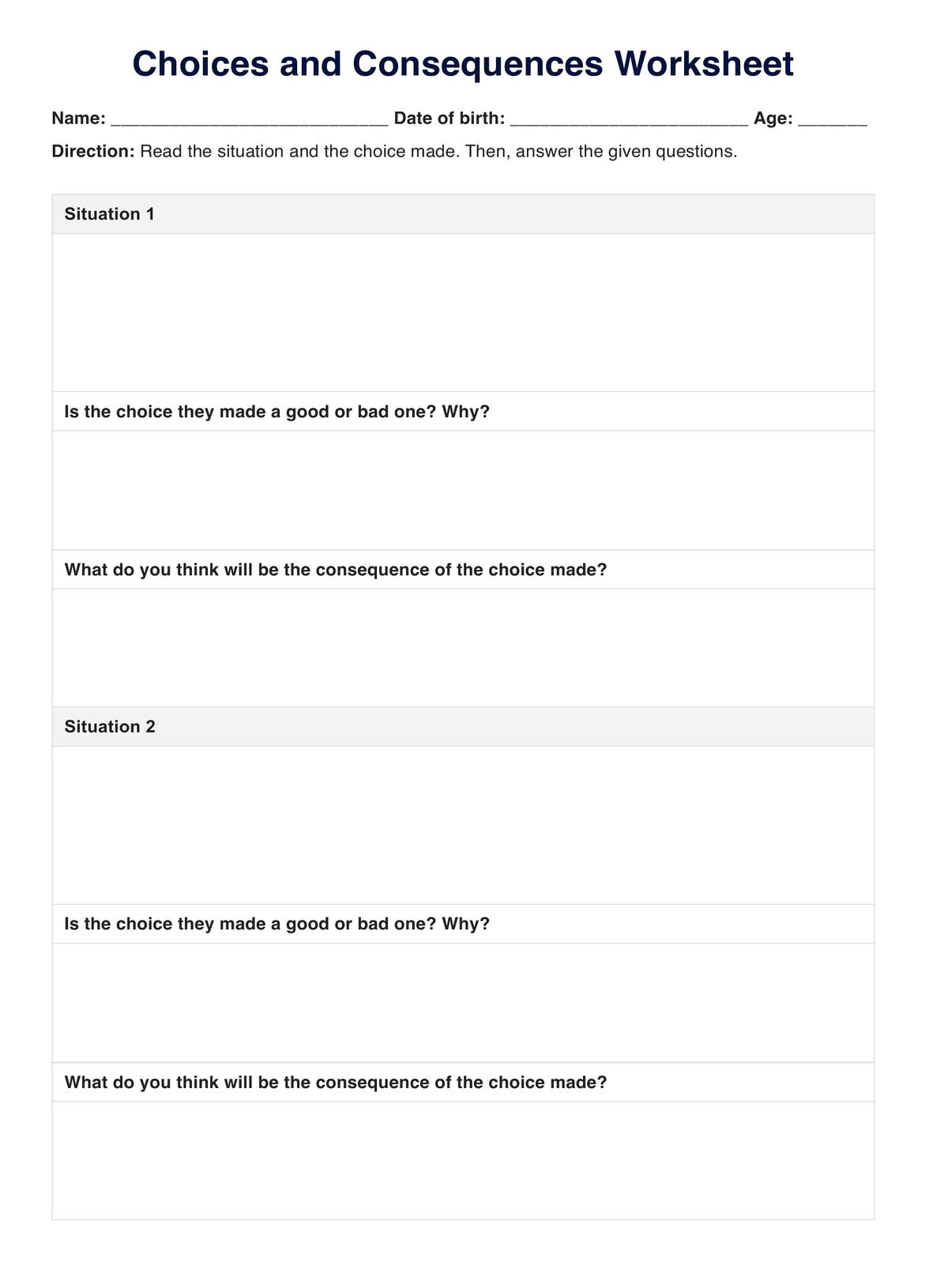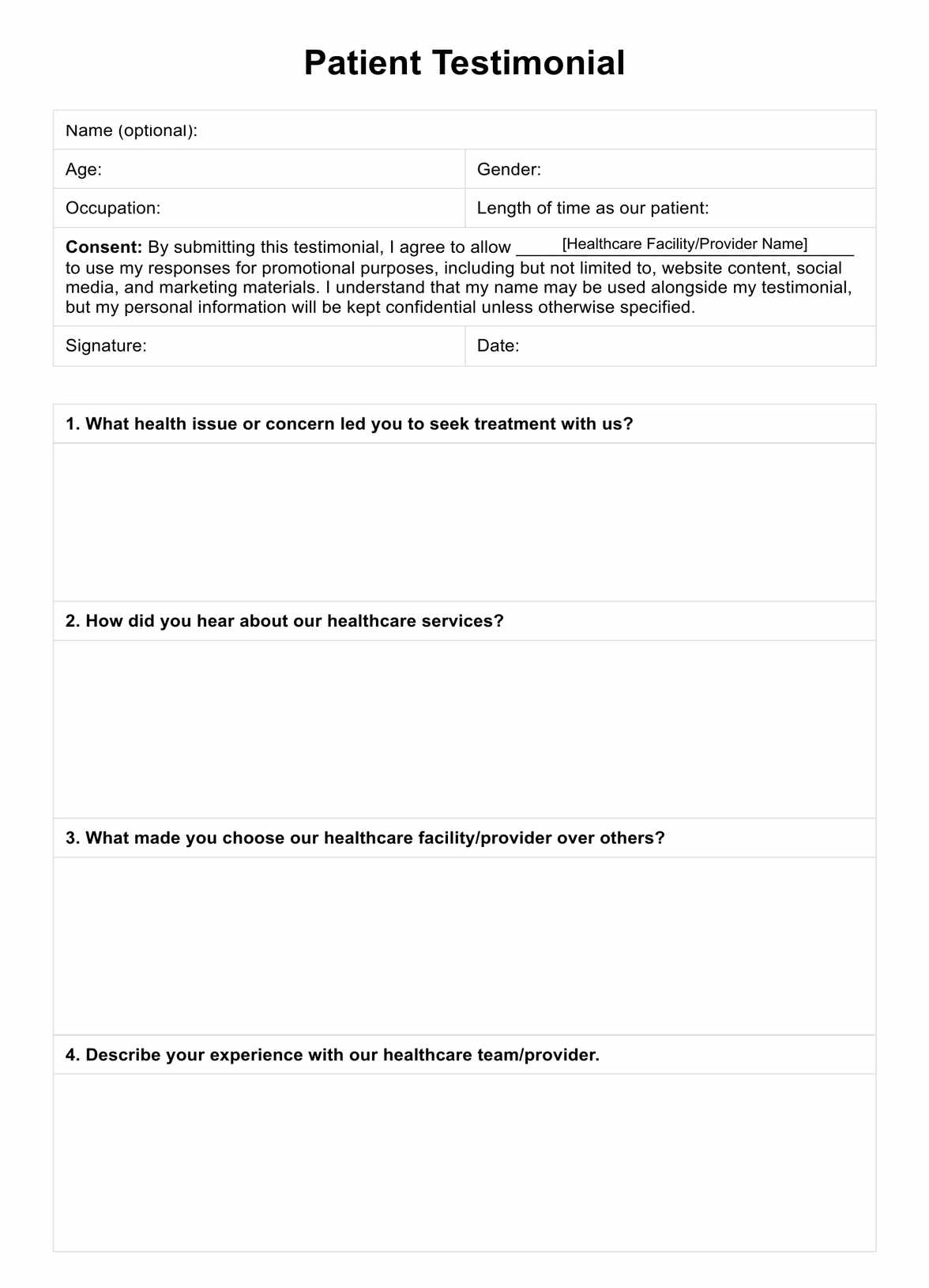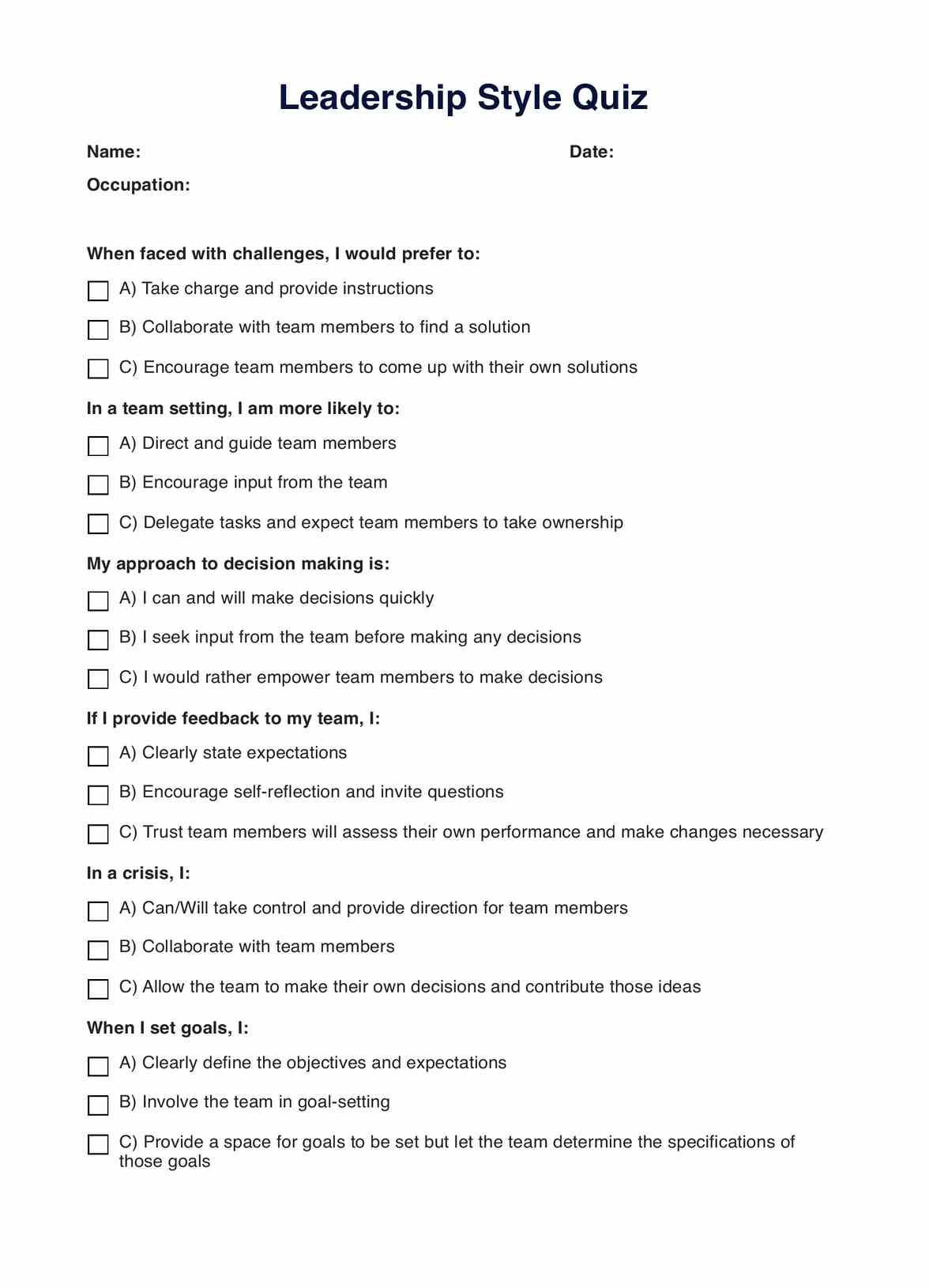One-On-One Coaching Template
Access a free One-on-One Coaching Template to further your client’s personal development. Download the PDF Template now.


What is a One-On-One Coaching Template?
Are you a coach or someone just wanting to develop yourself and your career in the modern, fast-paced world? It might feel like an uphill battle, regardless of your side. Here's where a One-on-One Coaching Template can come in handy as a powerful tool for helping you reach your goals. But what is it, exactly?
Envision having your own personal success guide who is well-versed in your unique situation. This tool is created specifically for overcoming obstacles, making the most of your skills, and advancing towards your objectives. It's not a static framework but an adaptable guide tailored to your path.
It aims to provide a functional structure for private coaching sessions. Everything includes defining objectives, keeping tabs on development, and taking concrete measures. You can expect each coaching session to be tailored to your unique goals and challenges, thanks to the fluid nature of the framework. This tool can be adapted to fit the goals you set for yourself, professional or personal. It's not enough to set objectives; you must devise a method to keep you inspired and on track in the long run.
In the following sections, we'll go deeper into how to properly apply this template and provide ideas for maximizing the benefits of one-on-one coaching. Are you ready to go off on a path of personal development, advancement, and success?
One-On-One Coaching Template
One-On-One Coaching Template Example
How does it work?
The Printable One-On-One Coaching Template is an all-inclusive tool that helps clients, wellness coaches, and healthcare providers communicate more effectively and expedite the coaching process. To utilize and complete the form efficiently, follow these steps:
Step 1: Get the template
Download the template. Because it is available in our resource library, Wellness Coaches and Clients can access it at their convenience. For healthcare professionals working in clinics and hospitals, the downloadable format makes things easier to use and more accessible.
Step 2: Complete client data
Open the template and enter the client's information in the relevant field. Verify the completeness and accuracy of all the information. This phase creates a basis for the coaching sessions that is unique to each individual.
Step 3: Establish the session overview
For efficient planning, include the session specifics, including the date, time, and place. Online platform selection could be incorporated into virtual sessions. A clear session summary facilitates a targeted and successful coaching session.
Step 4: Navigate the coaching agenda
Follow the coaching agenda step-by-step. Start by reviewing the last goal, dealing with the issues that are now arising, and working together to create new objectives. This methodical approach ensures that important topics are covered by providing a session roadmap.
Step 5: Take part in discussion topics
Explore pertinent facets of the client's life as you delve into the pre-arranged discussion topics. Promote candid dialogue and active engagement to create a motivating atmosphere for achieving objectives.
Step 6: Document the action plan
Summarize the concrete measures that were decided upon during the discussion to close the session. Clearly state the roles and duties of the Wellness Coach and the Client and offer a workable plan for accomplishing the objectives.
Step 7: Coach's validation
The Wellness Coach validates the end of the session by signing the form after it is finished. For documentation purposes, include the name of the coach and the date. If you are a wellness coach, this is also the perfect time to ask for feedback from your client regarding your session.
When would you use this template?
The One-on-One Coaching Template is a handy tool for practitioners engaged in one-on-one coaching and mentoring. Professionals in mental health, career counseling, personal development, and life coaching can benefit. The following is a summary of circumstances in which this template comes in handy:
Life coaches
This template is your ally in making dreams come true. The systematic approach makes it easier to monitor results and modify plans as necessary.
Career counselors
This template can be used as a guide by career counselors who assist clients in developing their professional abilities or making career moves. It facilitates defining professional objectives, addressing obstacles, and creating detailed action plans.
Personal development coaches
Coaches focusing on personal development can use this template to lead sessions that delve into different aspects of their client's lives. It makes talking about difficulties, objectives, and methods for general well-being easier.
Professionals in mental health
Therapists and mental health professionals can use this form to incorporate behavioral modifications, coping strategies, and stress management into sessions. It offers a structure for resolving issues and encouraging healthy mental habits.
Leadership coaches
The template helps coaches who work with executives and leaders organize conversations about professional goal-setting, leadership issues, and effective decision-making techniques.
Personal wellness coaches
This template can be used by coaches focusing on holistic well-being to facilitate conversations on stress management, lifestyle modifications, and health-related objectives.
What do the results mean?
The outcomes of using the Free One-on-One Coaching Template function as a compass that directs the coach and the client toward significant personal development. Here are some of the results to look forward to:
Goal achievement and progress
Reached objectives indicate accomplishment, but continued development demonstrates the clients' and coaches' dedication and flexibility.
Challenges addressed and overcome
The success of the template is demonstrated when obstacles are recognized and effectively overcome. The outcomes highlight problem-solving abilities, resilience, and teamwork in overcoming challenges.
Enhanced self-awareness
Success is frequently correlated with increased self-awareness. Clients gain a deeper understanding of themselves as a result of gaining insights into their areas of strength, growth, and the consequences of their actions.
Enhanced communication
Notable advancements in communication styles demonstrate the potency of coaching tactics. Positive outcomes imply that the client is improving their ability to communicate needs, wants, and goals, which is enhancing their interpersonal skills.
Strengthened motivation and confidence
Notable increases in motivation and self-assurance indicate the effectiveness of the coaching process. The client's increasing self-confidence and sense of empowerment as a result of the coaching process are demonstrated by the results.
Good changes in well-being
Positive changes in one's physical, mental, and emotional states indicate that the coaching relationship has successfully encouraged a well-rounded and contented life.
Research & evidence
Coaching grew due to innovative people and a supportive culture. Its success came from the people, methods, and open-minded culture that supported it. Coaching reflects the premise of humanistic psychology that everyone is unique and has a unique approach. It encourages individuals to make choices and take responsibility for their future based on their values and goals (O'Connor & Lages, 2009).
A study conducted among university students studied the impact of coaching on personal development. It is part of a larger study on how university students understand personal progress. The findings show that the students believed that coaching sessions accelerated their growth, allowing them to apply what they learned sooner (Lancer & Eatough, 2020).
Indeed, coaching templates evolved as they shifted from a professional setting to personal improvement in many sectors. Technical tools for virtual coaching sessions and template customization for certain coaching niches have improved the resource's adaptability and accessibility.
References
Lancer, N., & Eatough, V. (2020). One‐to‐one coaching as a catalyst for personal development. Coaching Researched, 231-252. https://doi.org/10.1002/9781119656913.ch12
O'Connor, J., & Lages, A. (2009). How coaching works: The essential guide to the history and practice of effective coaching. A&C Black.
Commonly asked questions
Outline client information, session details, and specific sections such as goal setting, challenges, and action plans in a structured and customizable format.
They are used during individual coaching sessions to provide a framework for goal-setting, discussing challenges, and developing action plans, ensuring a structured and focused coaching approach.
Coaches utilize these templates to guide discussions, track progress, and collaboratively plan actionable steps with clients, facilitating a dynamic and effective coaching process.
They are typically created by experienced coaches or practitioners in fields such as life coaching, career counseling, or personal development, tailoring the template to their specific coaching style and objectives.


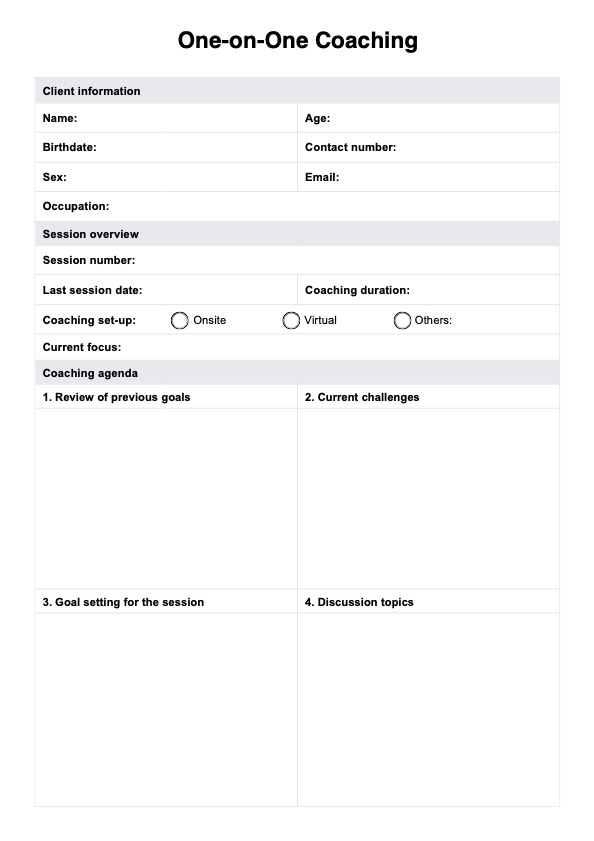
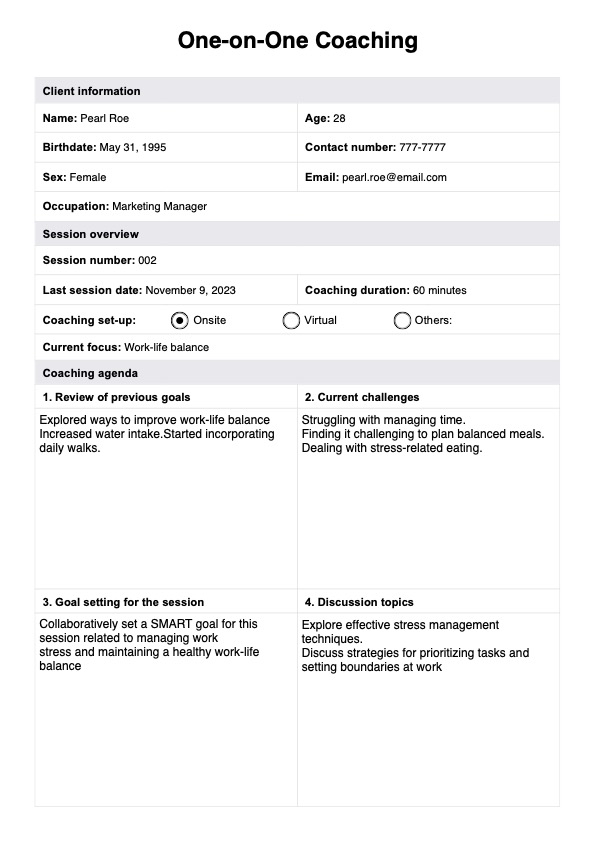

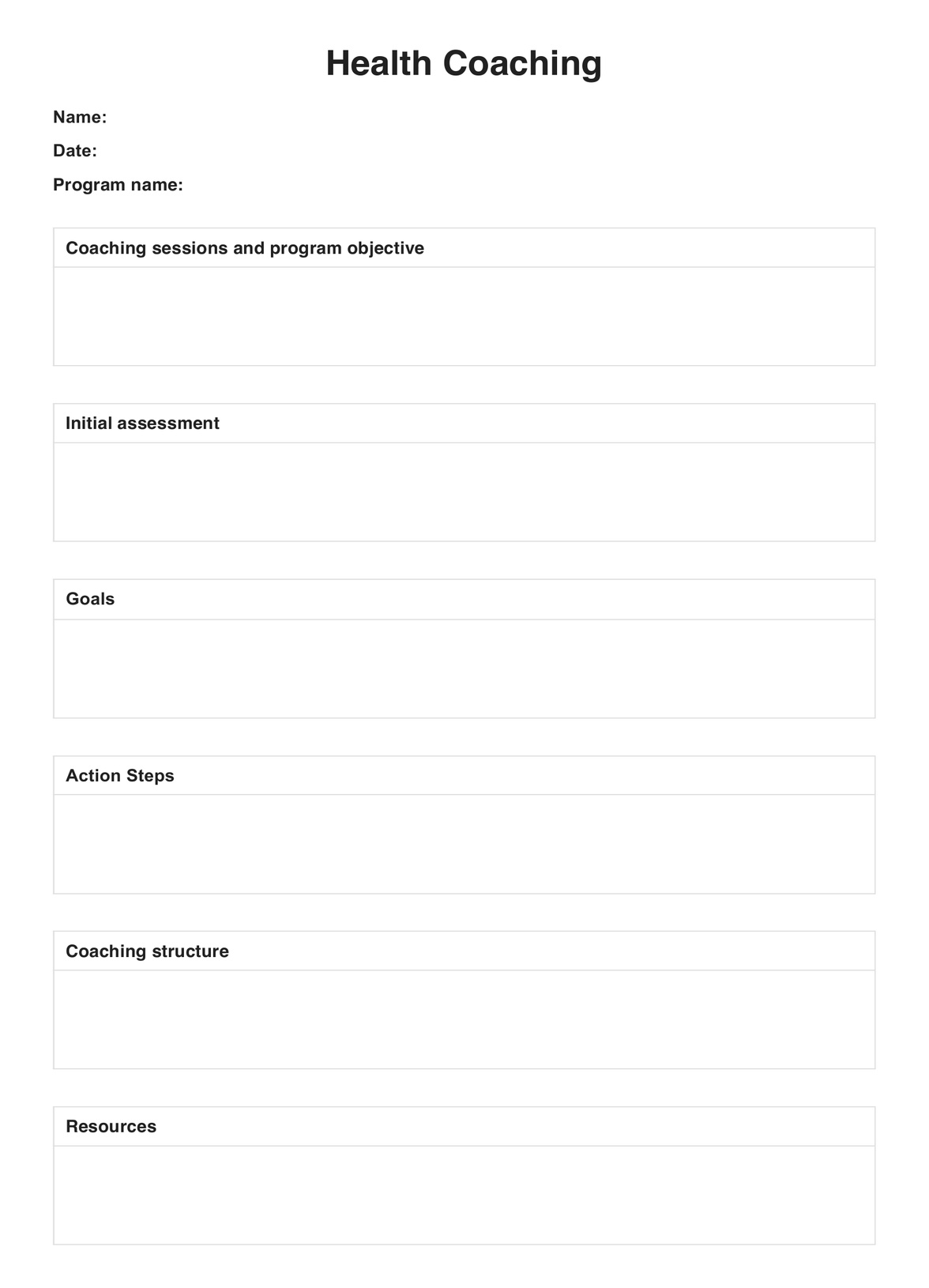
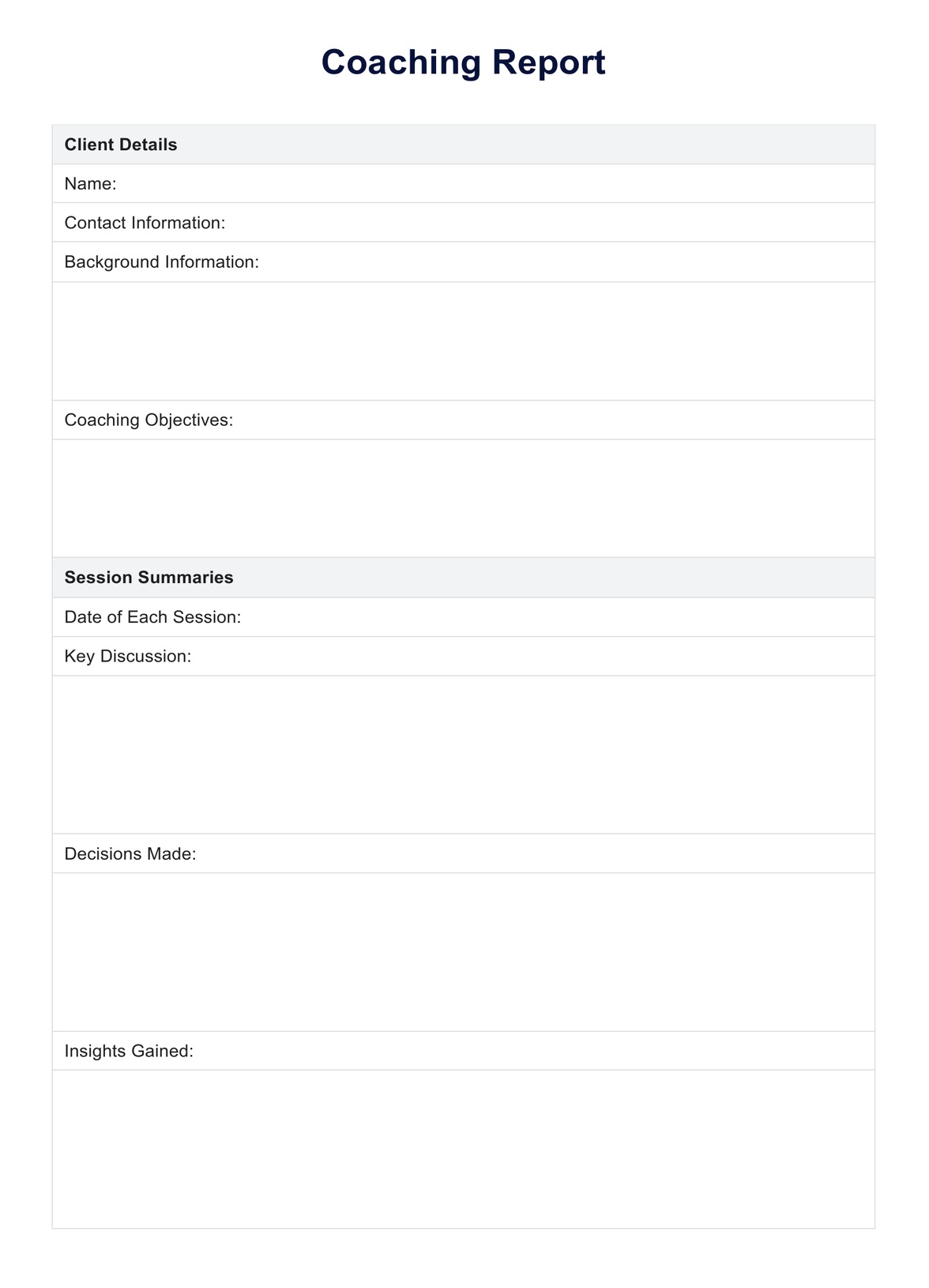
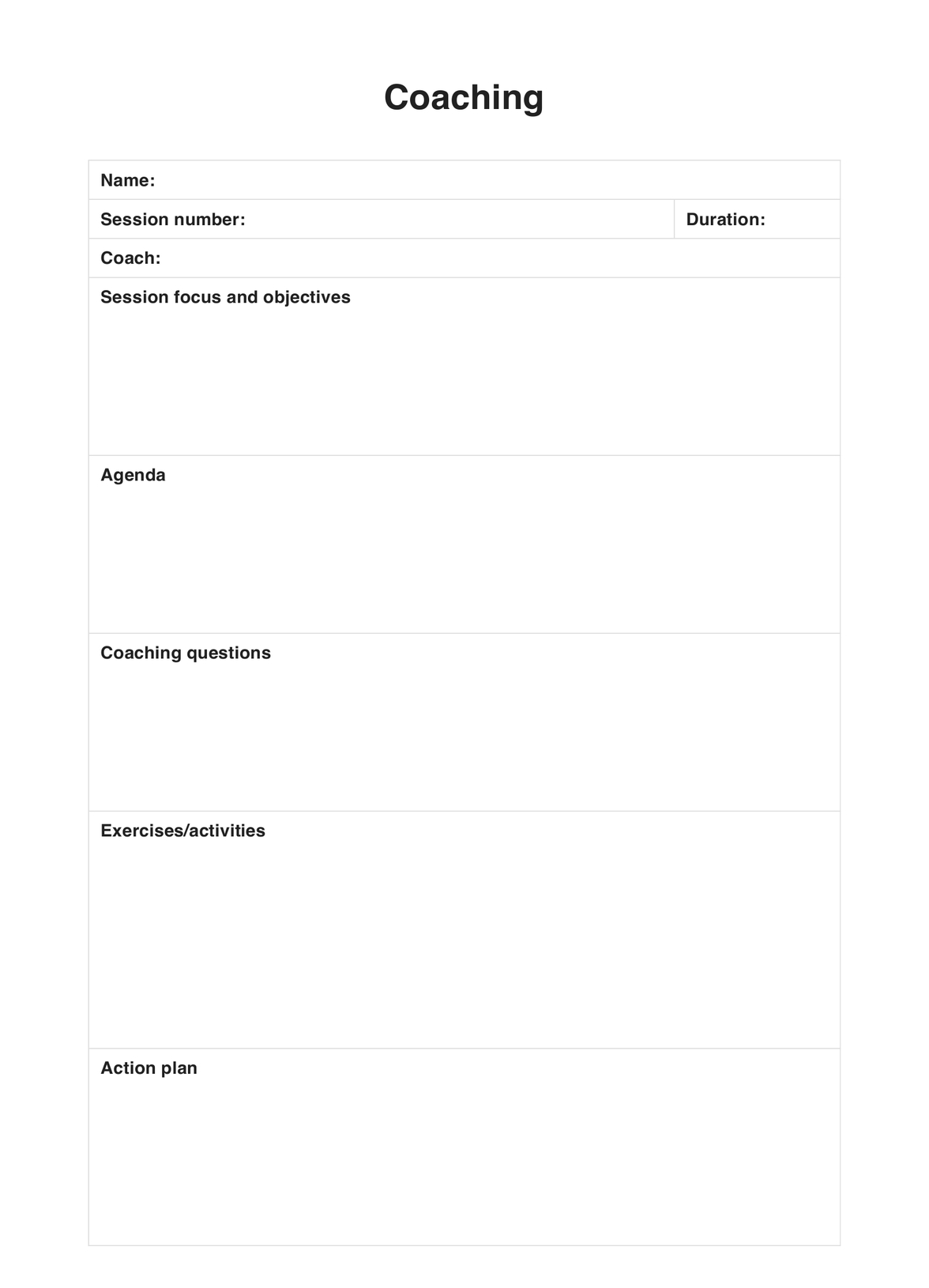
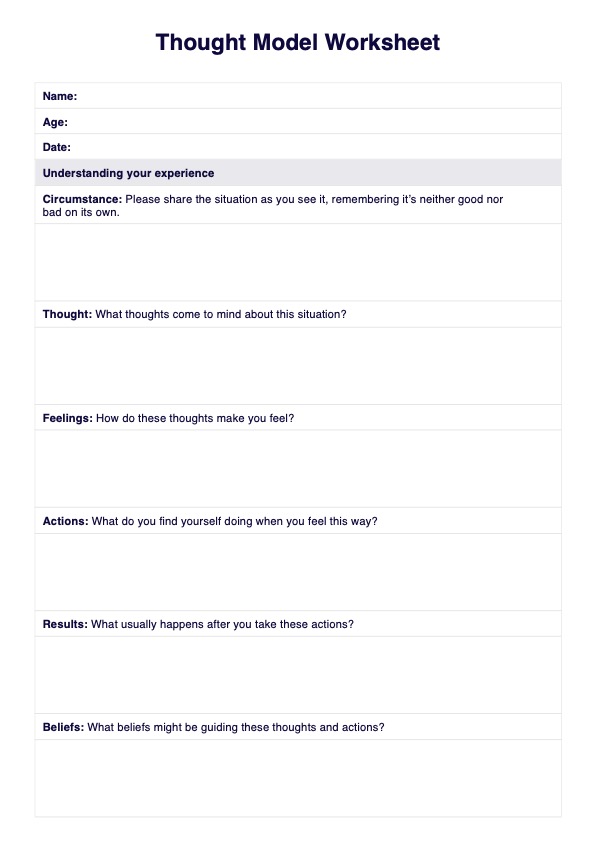
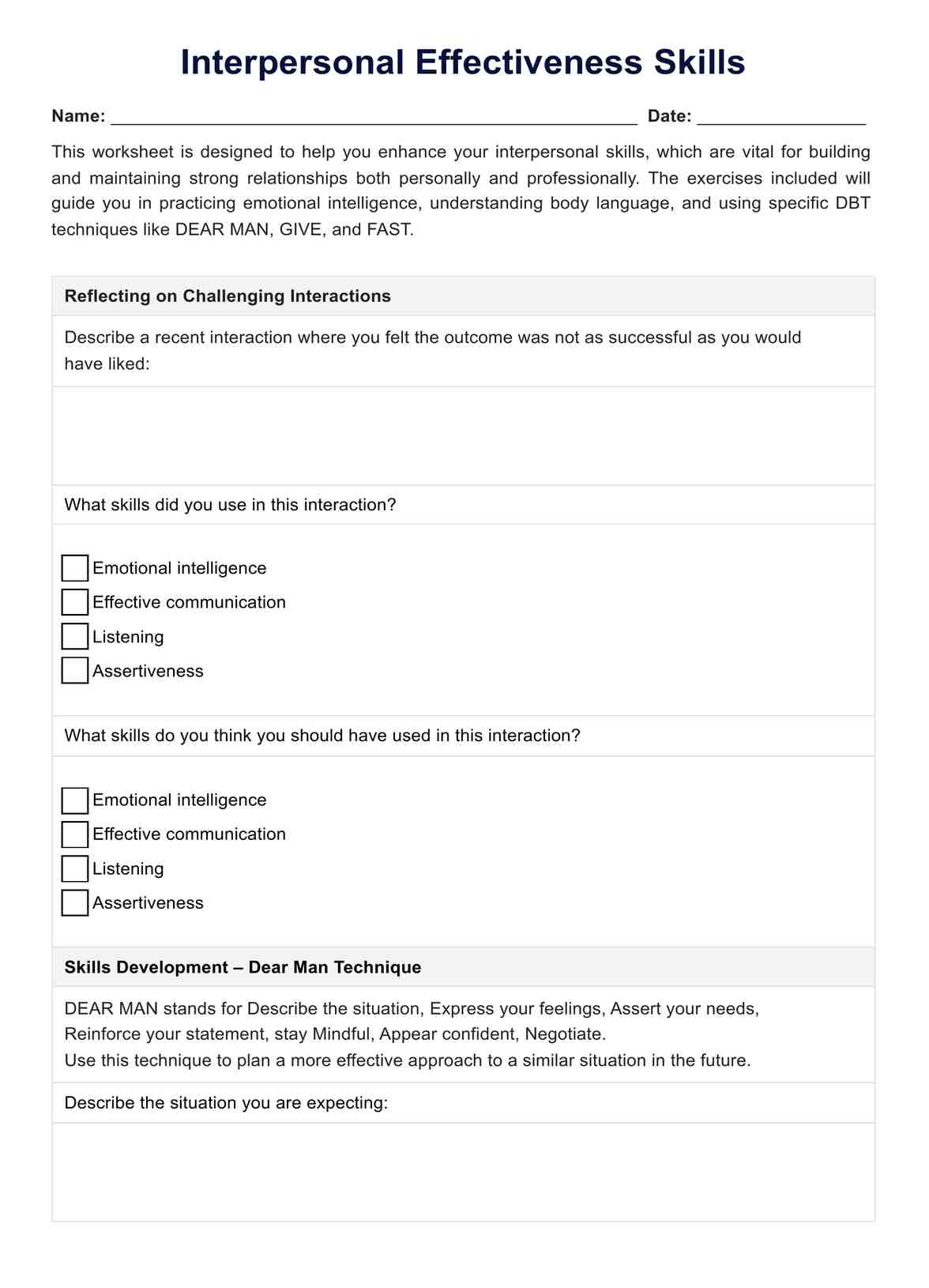
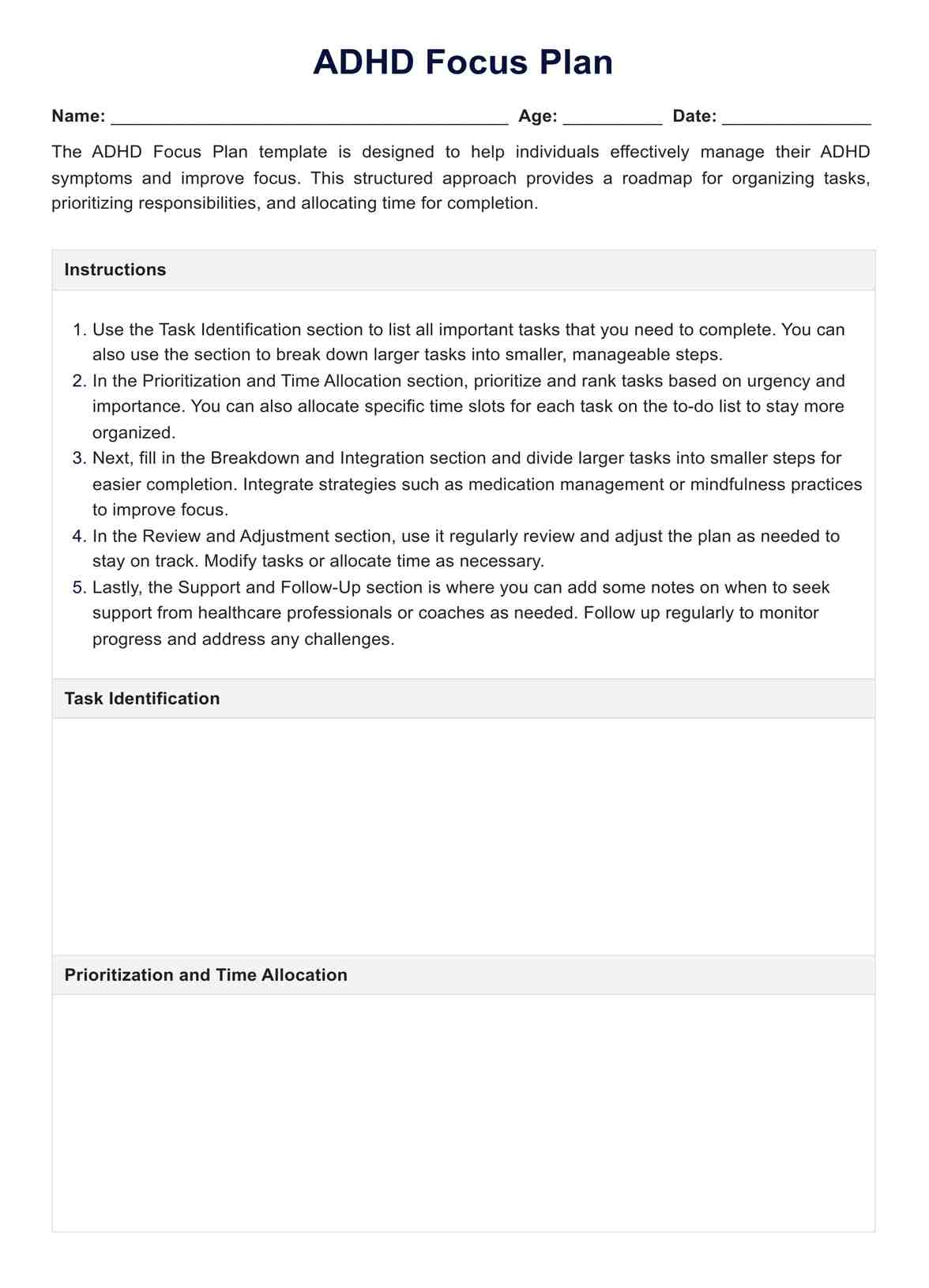








-template.jpg)

